Your sweet little bunny trots up, nose twitching, eyes alert, and then—bam!—a firm nudge to your leg. At first, it seems cute. Endearing, even. You laugh it off, assuming it's just your rabbit being affectionate. But when she does it again—this time with more energy—you start to wonder what's really going on.
Click Here For a Beginners Guide to Rabbit Care.

Rabbit owners quickly learn that their fluffy friends have strong opinions, even stronger preferences, and a surprising way of making themselves understood. Unlike dogs or cats, rabbits don't bark or meow. Their language is quieter, built from subtle movements and soft sounds.
But when it comes to rabbit nudging behavior, the message isn't always clear. Is it a greeting? A demand? A warning? Or all of the above, depending on the moment?
Why Body Language Matters in Rabbit Communication
Rabbits are prey animals. In the wild, survival depends on staying quiet and alert. This instinct carries over into domestic life, which is why rabbits tend to communicate through body language rather than vocal sounds.
The twitch of a nose, a flick of the ears, a quick dash under the couch—these movements speak volumes if you know what to watch for. And one of the most direct gestures a rabbit will use is a nudge.
Nudging might look simple, but it's loaded with meaning. It's a form of touch-based communication that rabbits use with each other—and with you. To understand what it means, you'll need to read the situation, your rabbit's body language, and even her relationship with you.
What Is Rabbit Nudging Behavior Trying to Tell You?
Rabbit nudging behavior is your bun's way of tapping you on the shoulder and saying, "Hey, I have something to say." Depending on how and when it happens, it could mean several things.
“I Want Attention Now”
Sometimes, it's as simple as that. You're sitting on the floor reading or scrolling your phone, and your rabbit nudges you—softly at first, then again with more pressure. She's not trying to be subtle. She's asking to be pet, cuddled, or simply noticed. This type of nudge is typically gentle but persistent.
Many rabbits love a good forehead rub or a massage along the base of their ears. If your rabbit nudges you and then lowers her head slightly, that's a request for grooming. Not the kind you do with a brush, but the kind that mimics mutual grooming in wild rabbit communities.
Need a guide to other body language signals? The House Rabbit Society offers a detailed breakdown of rabbit behavior.
"You're in My Way"
This one catches people off guard. You're kneeling on the floor, and your rabbit suddenly rams into you like a tiny, fuzzy linebacker. This is not affection—it's frustration. You're blocking a path, a favorite hideaway, or access to her food or litter box.
This nudge is firm and unmistakable. It's usually followed by your rabbit trying to squeeze past or giving you another, harder nudge. Some might even thump if they're especially annoyed.
In this case, your rabbit sees you as an obstacle, not a friend. It's her way of saying, "Move it!" You can avoid this conflict by observing your rabbit's favorite routes and keeping them open. Rabbits are creatures of habit and value freedom of movement.
"Hi, Just Saying Hello"
Rabbits are social animals. Just like dogs wag their tails and cats rub up against your legs, rabbits use nudges as a form of greeting. If your bun hops up and nudges you lightly, with relaxed ears and a calm posture, it's her way of saying hello.
These nudges often happen when you first walk into a room or approach her enclosure. They're short, polite, and followed by sniffing or light circling. In the rabbit world, this is the equivalent of a handshake.
"I'm Done With You"
This might surprise you, but some nudges are more like "goodbye" than "hello." If you're petting your rabbit and she nudges your hand and turns away, that's her saying she's had enough. She's not angry—just finished with the interaction.
Unlike dogs, who will soak up affection endlessly, rabbits are more selective. They enjoy attention but only on their terms. When they're done, they'll let you know with a small push and a hop in the other direction.
“Do Something About This”
Rabbits also nudge to tell you something's wrong. Maybe their water bowl is empty. Maybe the door to their favorite hideout is closed. Or maybe they just want a toy that rolled out of reach.
This is a more inquisitive type of nudge. It's often followed by your rabbit looking at you, then the object in question, and back again. She's asking for your help—without making a sound.
One rabbit owner shared that her bunny would nudge her ankle and then race toward the fridge when it was time for leafy greens. Every rabbit develops its own little habits, and paying attention to them is key to understanding what your bun wants.
How to Respond to Rabbit Nudging Behavior
How you respond depends on what kind of nudge you're getting. Here's a quick guide to responding the right way:
If it's a greeting: Offer a soft head rub and speak gently. Your rabbit is reaching out to connect.
If it's a demand for space: Move out of the way slowly. Don't force interaction—respect her boundaries.
If it’s attention-seeking: Give her some quality time. Rabbits crave connection, and a few minutes of petting goes a long way.
If it’s curiosity or a request: Look around. Is something out of place? Did she nudge and then stare at something? She's giving you clues.
If it’s rejection: That’s okay. Let her go. Rabbits value independence and will come back when they're ready.
Need a deeper dive into bunny behavior? You can explore our Rabbit Talk blog to understand what your rabbit is really saying with her body.
And if you're just getting started with rabbit care, make sure to check out our helpful Rabbit Starter Kit. It covers essential terms and tips that help new owners navigate rabbit body language and daily care.
What Rabbit Nudging Behavior Tells You About Your Relationship
Understanding your rabbit's nudging habits gives you insight into how she feels about you. Rabbits aren't instantly trusting creatures. It takes time, routine, and consistency to earn their loyalty.
When a rabbit nudges you regularly, it often means she feels comfortable and safe around you. That's a sign of trust. She sees you as part of her group. In rabbit society, grooming and gentle nudging happen between bonded companions.
If your rabbit doesn't nudge much—or at all—that doesn't mean she doesn't like you. Some rabbits are shy or naturally less physical. Others may show affection by resting near you, lying down with their feet stretched out, or following you quietly around the house. It's important to know that trust shows up in different ways depending on the rabbit's personality.
Building Trust Through Positive Reinforcement
One of the best ways to strengthen your bond with your rabbit is to respond positively to nudging. Give attention when asked, respect boundaries when set, and always keep interactions gentle. Rabbits don't respond well to sudden movements or loud sounds.
Using treats can help too. If your rabbit nudges you and you respond by offering a small piece of banana or a slice of apple, she begins to associate you with positive outcomes. This strengthens the connection and builds trust.
According to PetMD's guide on rabbit behavior, responding consistently to your rabbit's signals encourages a stronger human-animal bond.
Rabbits and Routine
Rabbits thrive on predictability. Feeding times, playtimes, and cuddle sessions work best when they follow a pattern. This routine helps your rabbit understand what to expect from you—and vice versa. When rabbits nudge during these expected moments, it's often their way of reminding you: "Hey, it's time for our thing."
If you usually give her a treat at 6 p.m. and forget one evening, don't be surprised if she hops over and gives you a firm nose bump to jog your memory.

When Rabbit Nudging Becomes Problematic
While rabbit nudging behavior is usually harmless or even adorable, there are a few situations where it might become more than just a cute quirk.
Nudging as a Sign of Aggression
Some rabbits nudge with more force than others. If the nudging is paired with biting, growling, or circling, this could indicate territorial behavior or hormonal changes. Unneutered males, in particular, may become more physical and demanding with their movements.
In these cases, the nudge isn't affectionate or attention-seeking. It's a warning. If you've noticed a sudden change in your rabbit's nudging style—especially if it seems aggressive—it might be worth talking to a rabbit-savvy vet.
Spaying or neutering can help reduce this behavior. If your rabbit isn't already fixed, read more about the benefits of spaying or neutering to see if it's time for that step.
Over-Nudging or Obsessive Behavior
While rabbits do nudge for attention, there is such a thing as too much. If your rabbit is nudging you constantly and seems restless or agitated, it could point to a bigger issue: boredom, loneliness, or an unfulfilled need.
Rabbits are smart and need both physical and mental stimulation. If your bunny doesn't have enough to do—no toys, no playtime, no space to run—she may resort to constant nudging out of frustration.
Try rotating her toys, offering more free roam time, or even introducing a bonded rabbit companion. Rabbits are social by nature and do better when they have an enriching environment.
Changes in Behavior
If your rabbit used to nudge you frequently but suddenly stops, pay attention. A change in behavior could mean she's not feeling well or is stressed. Check for signs like hiding more, not eating, or unusual posture.
Behavior is often the first signal that something's wrong. Rabbits hide symptoms of illness until they're serious, so sudden shifts in interaction—like going from cuddly to distant—warrant a closer look. If in doubt, contact your vet.
Helping New Rabbit Owners Understand Nudging
For someone who just brought a rabbit home, these nudges might seem odd or confusing. They're not like a wagging tail or a meow that comes with years of cultural understanding. Rabbits speak a language all their own.
New rabbit parents can learn a lot by observing their bunny's nudging behavior in context. What happened before the nudge? What happened after? Was it firm, light, repeated? These little details matter.
Use a notebook or phone note to keep track of nudging habits if you're still learning your rabbit's personality. Over time, you'll start to notice patterns that help you meet her needs more effectively.
Final Thoughts on Rabbit Nudging Behavior
Nudging is one of the many ways rabbits talk to us. Whether it's a request for affection, a push to get out of the way, or just a friendly greeting, these small movements speak volumes.

When you pay attention to rabbit nudging behavior, you begin to understand your pet on a deeper level. It's not just about meeting physical needs—it's about listening, respecting, and responding in ways that build trust and comfort.
By learning your rabbit's language, you're creating a bond that goes far beyond feeding and playtime. You're building a real relationship—one nose nudge at a time.
Key Takeaways
Rabbit nudging behavior can mean affection, frustration, curiosity, or a simple hello—context is everything.
Responding correctly builds trust, while ignoring or misreading nudges can lead to confusion or stress for your rabbit.
Rabbits with changing or obsessive nudging behavior may be signaling a need for more stimulation—or a vet check.
Ready to learn more about rabbit care from nose bumps to bunny binkies? Grab our free Rabbit Starter Kit and start building a stronger relationship with your bun today.

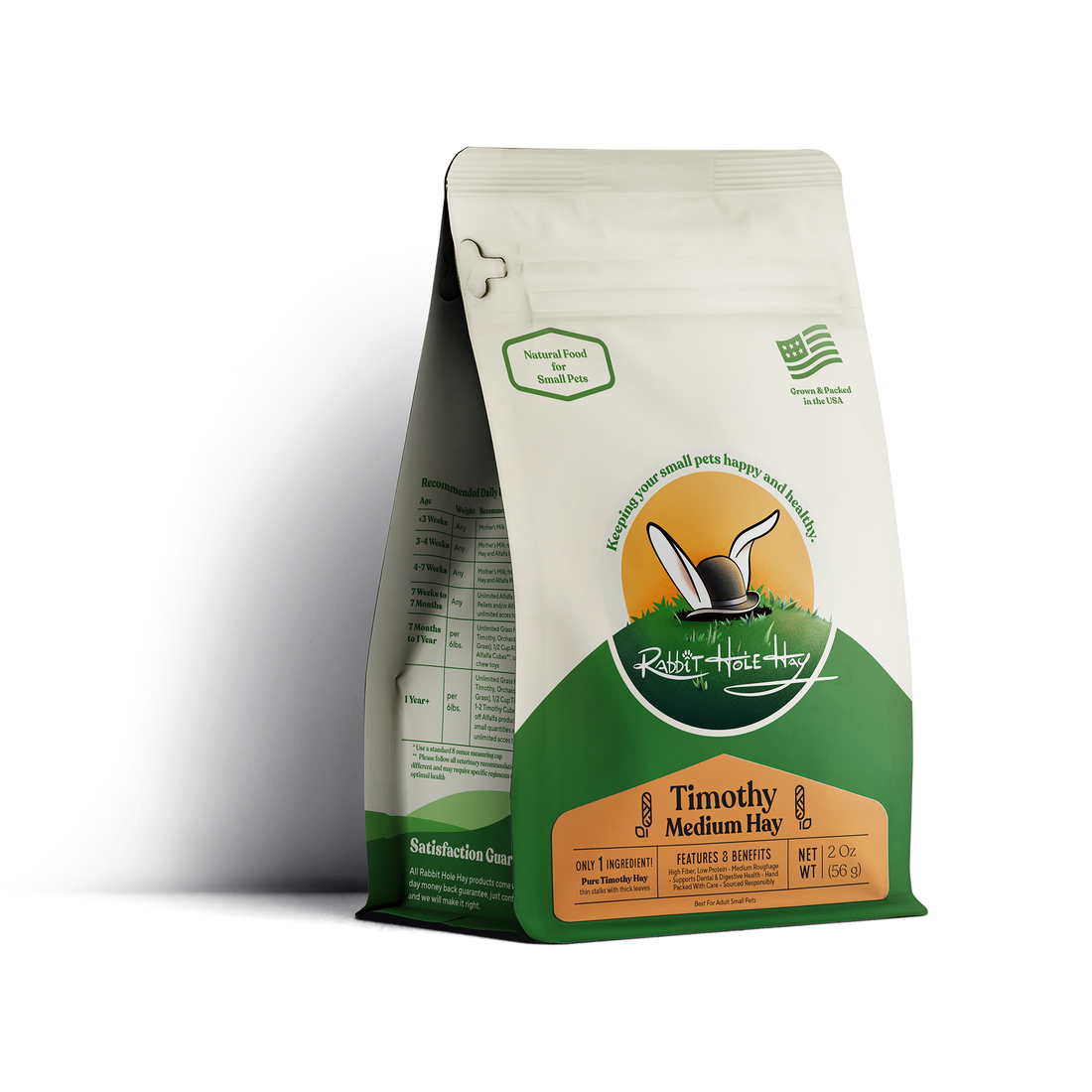











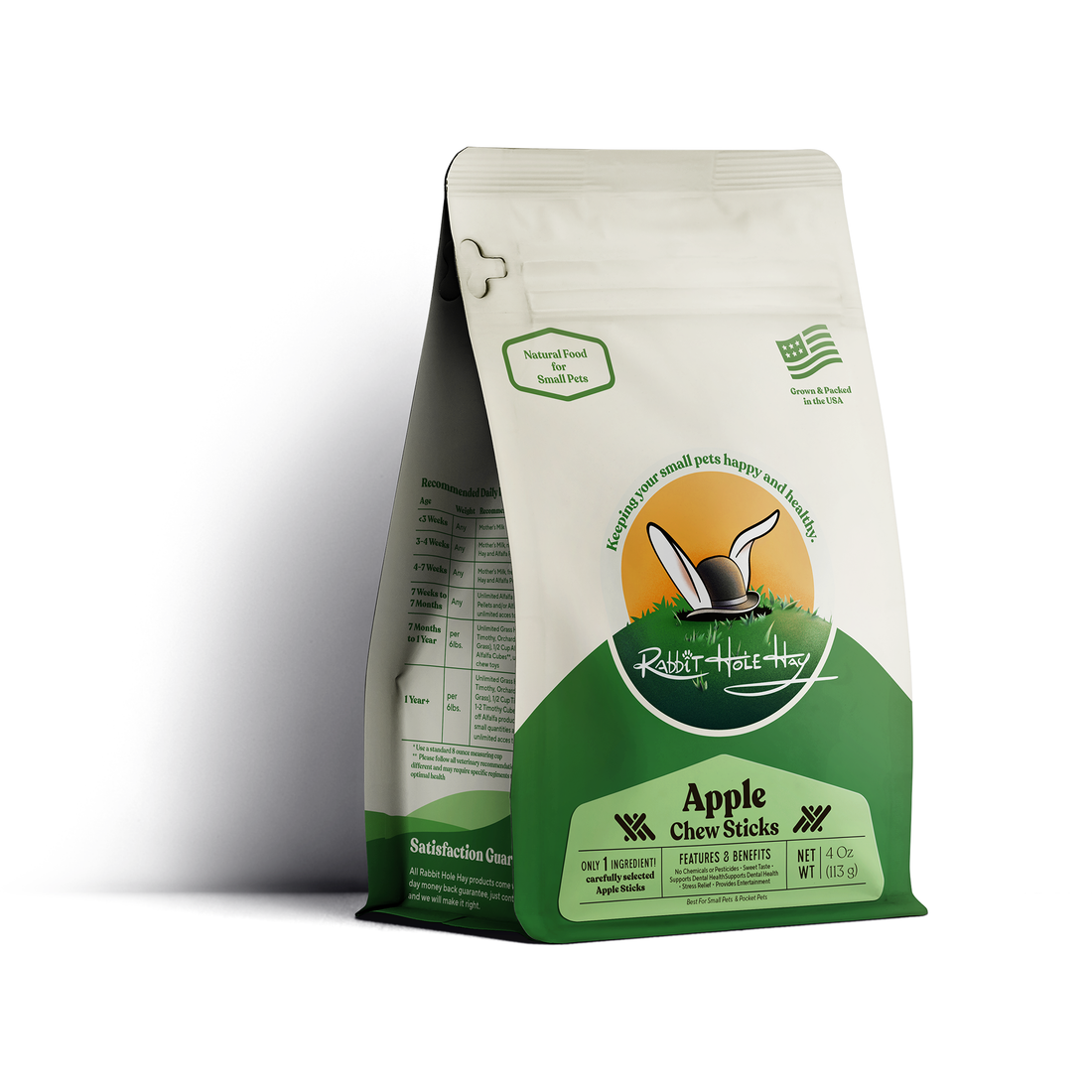




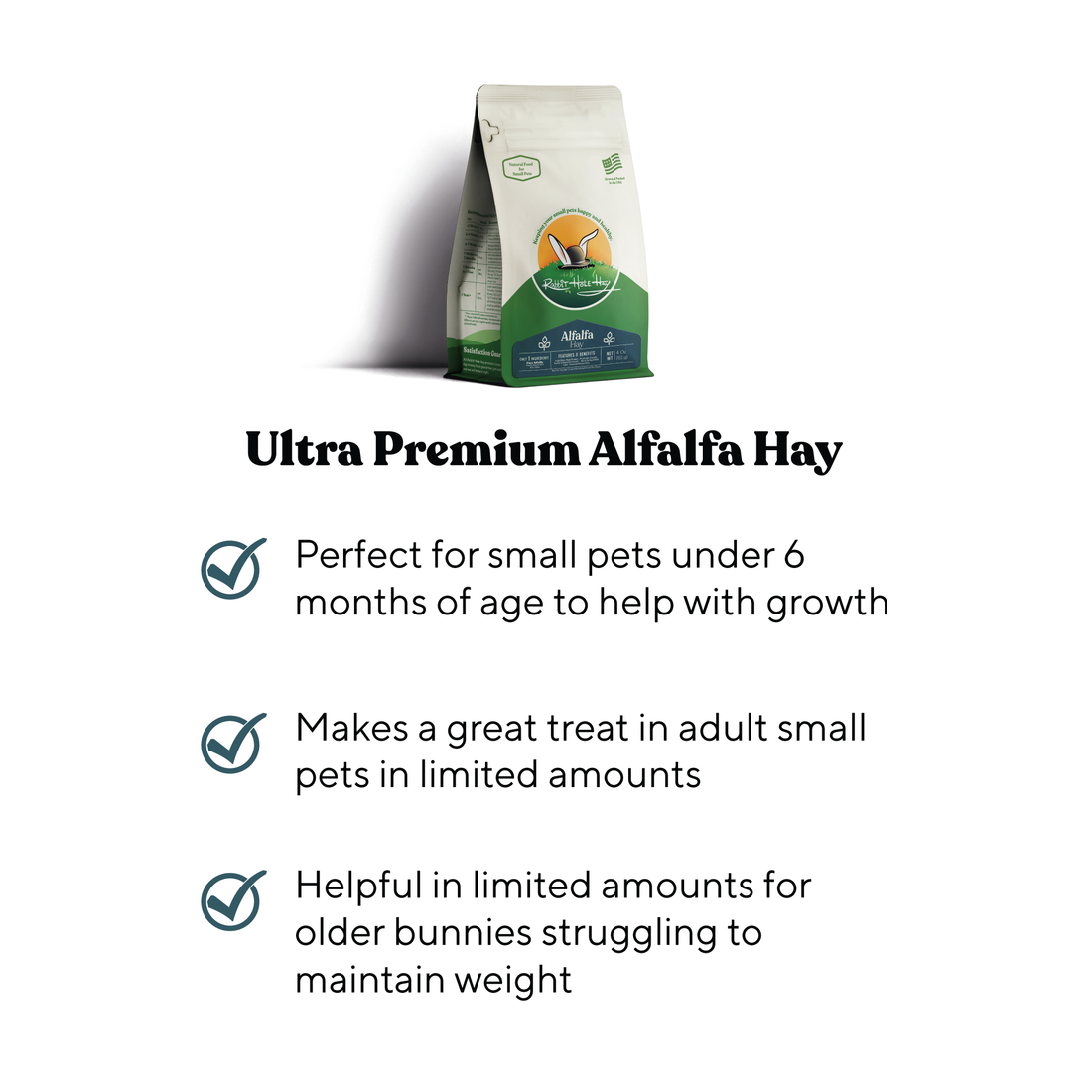


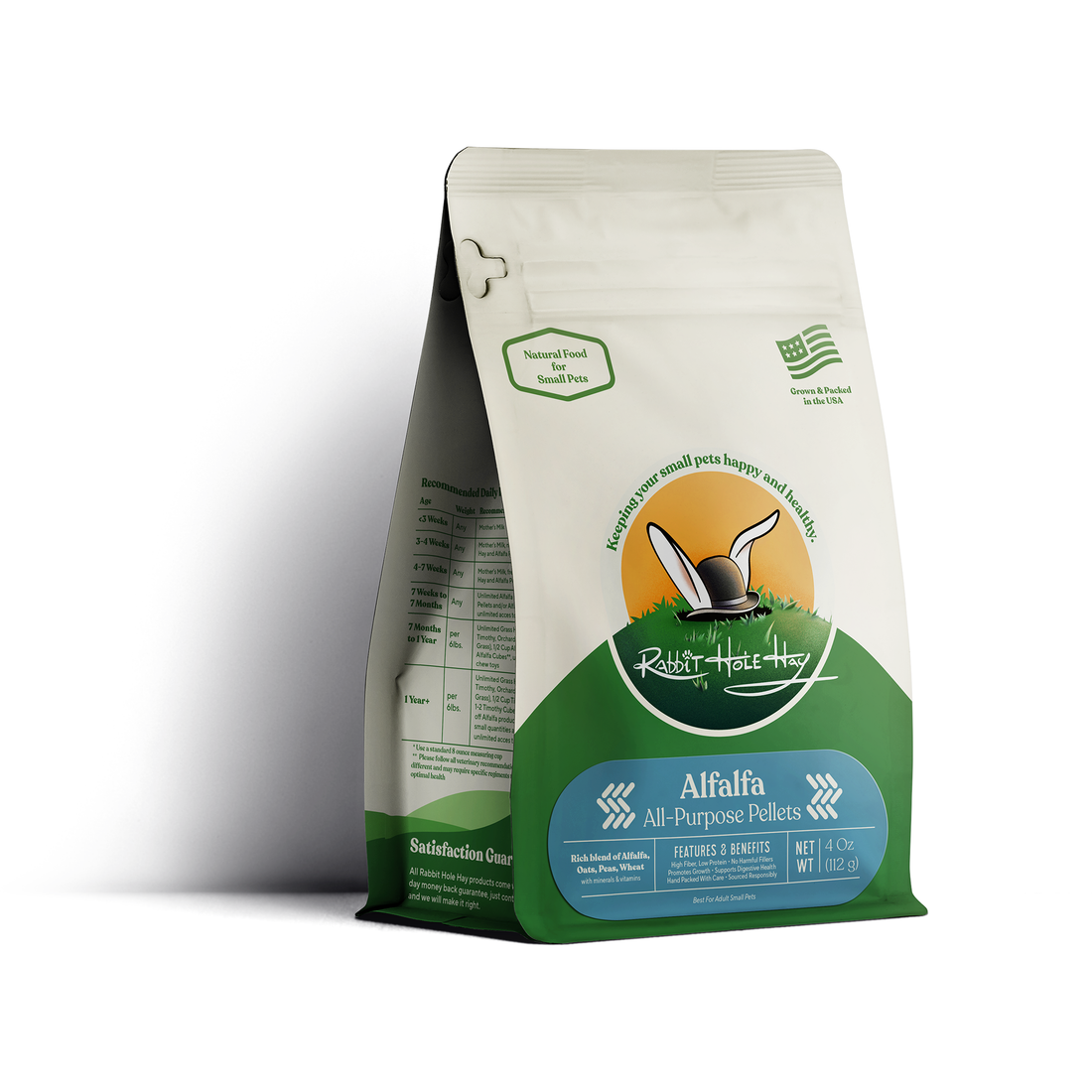

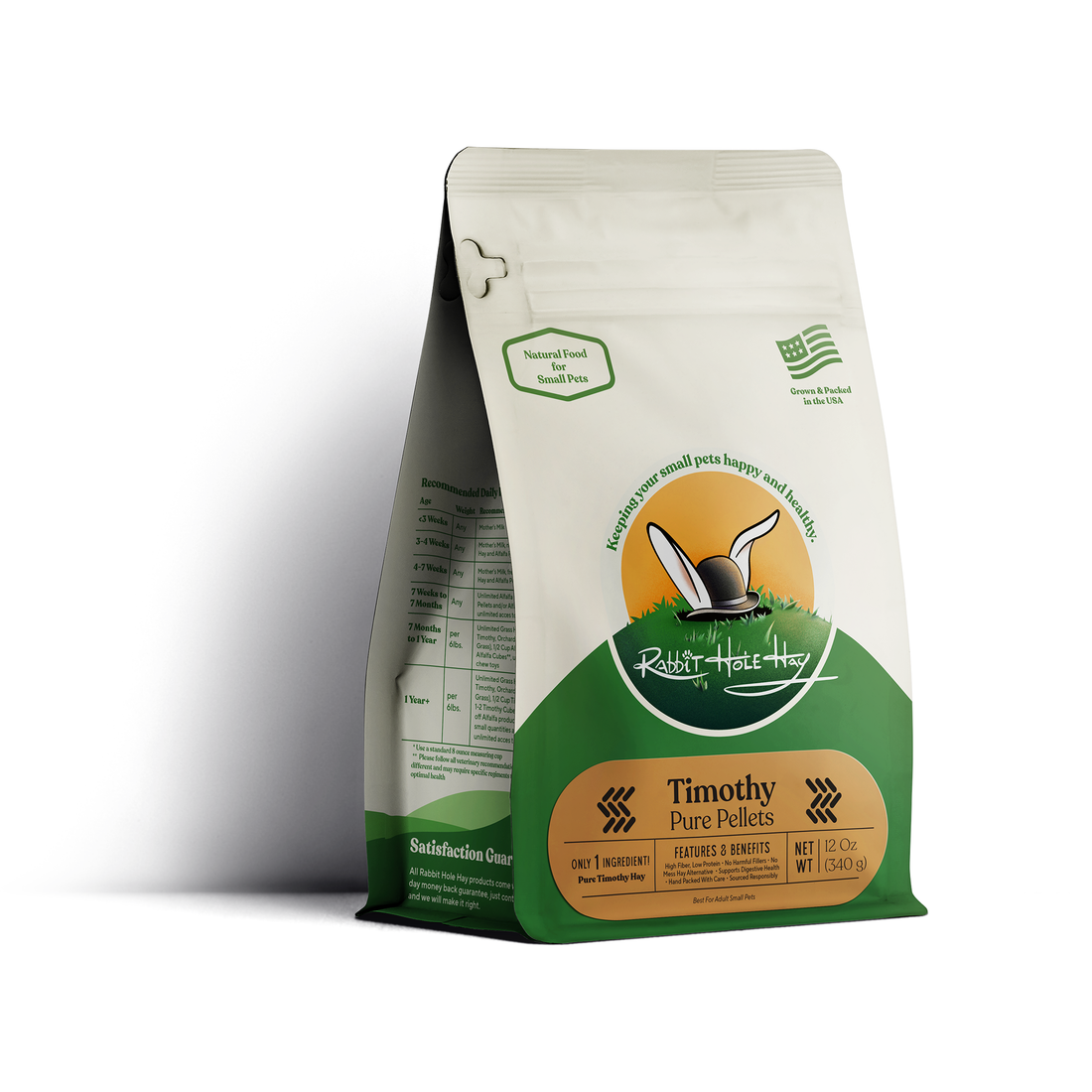


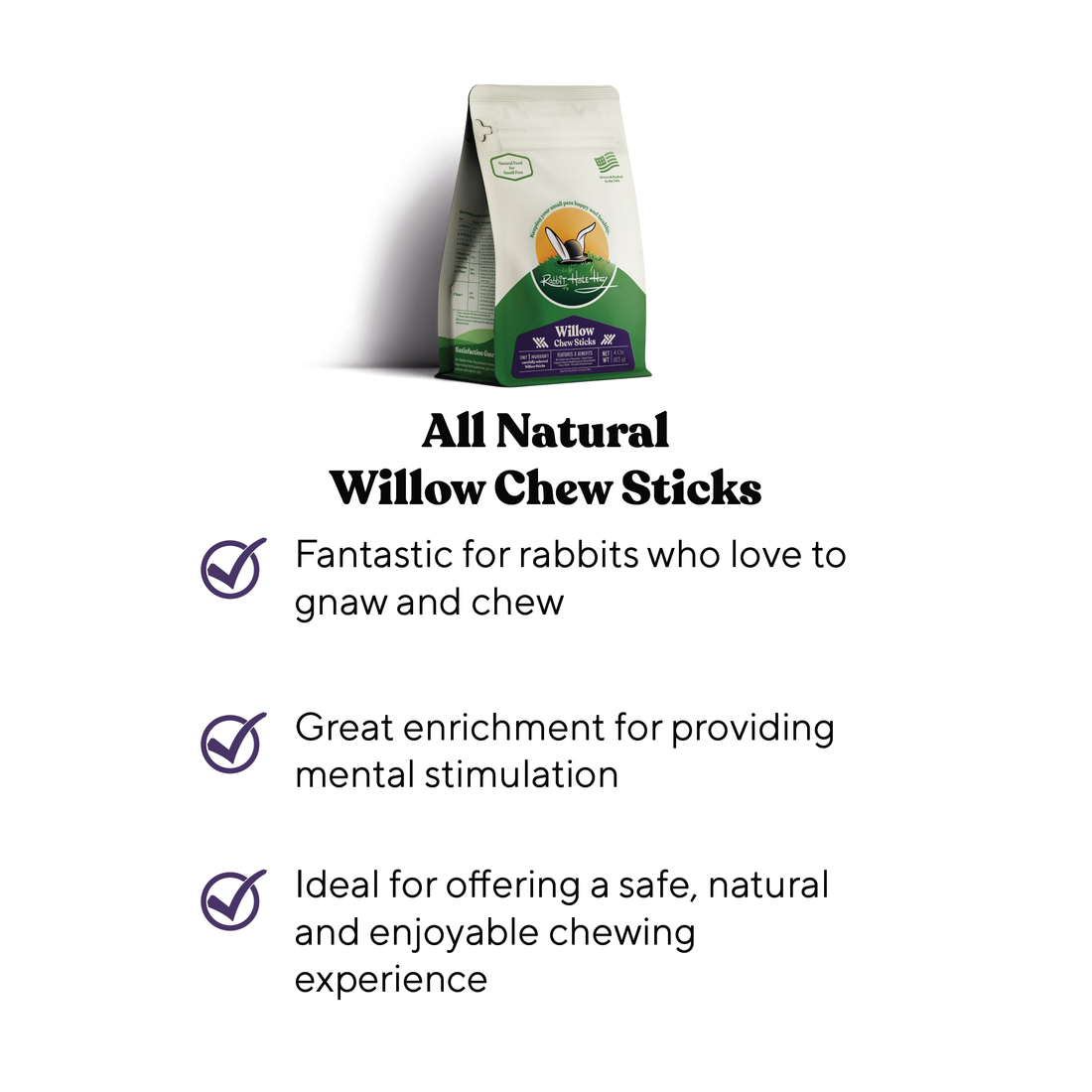
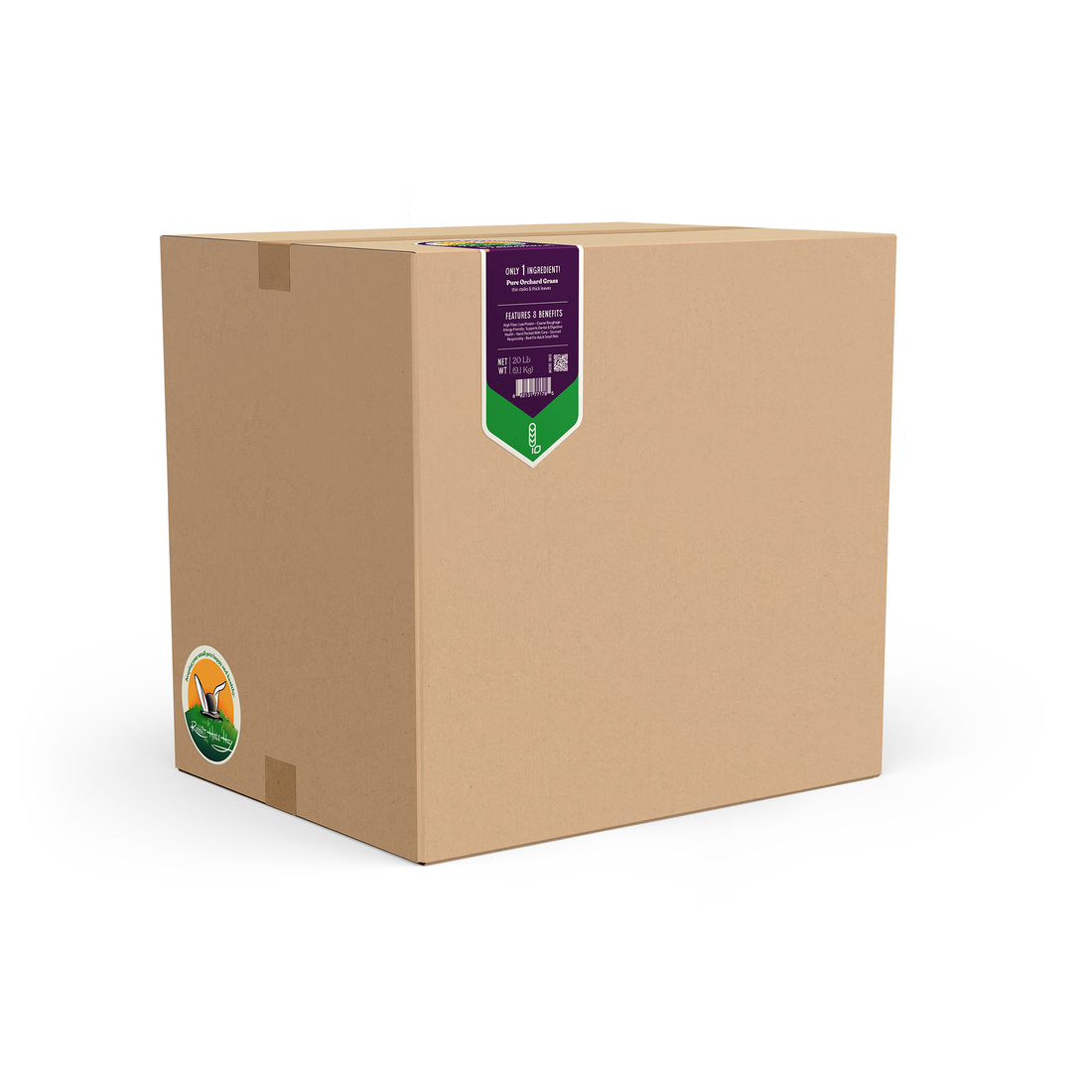
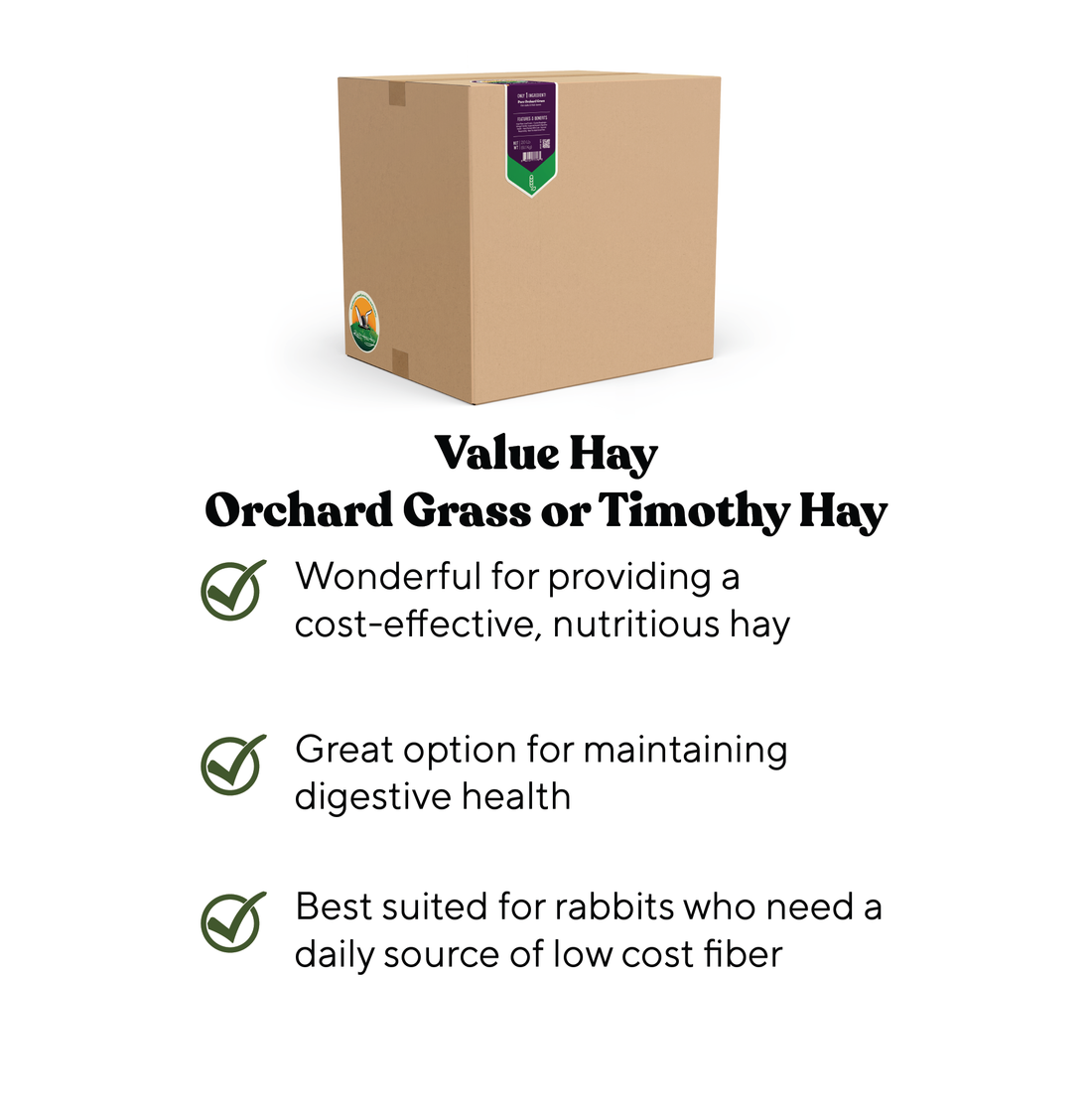
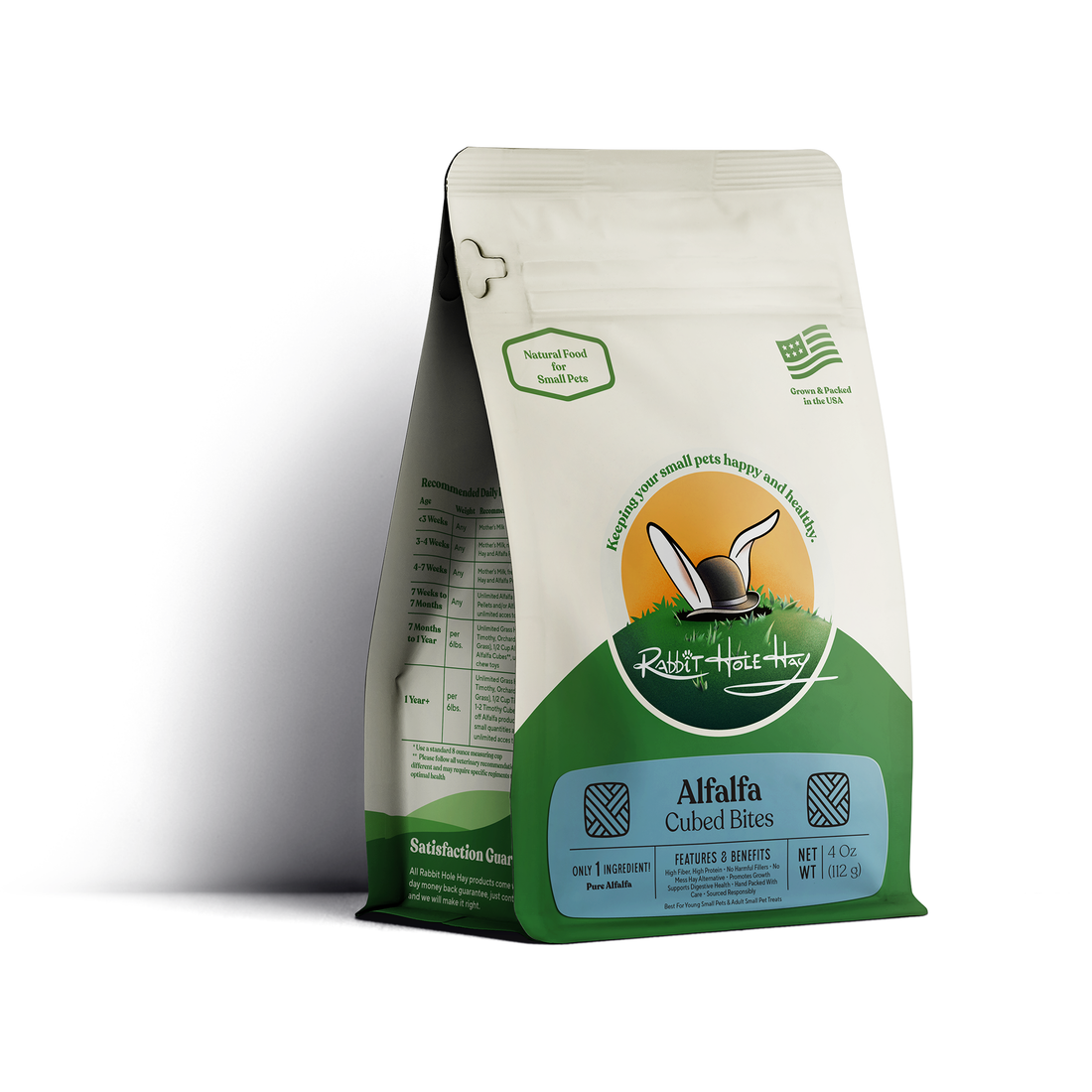
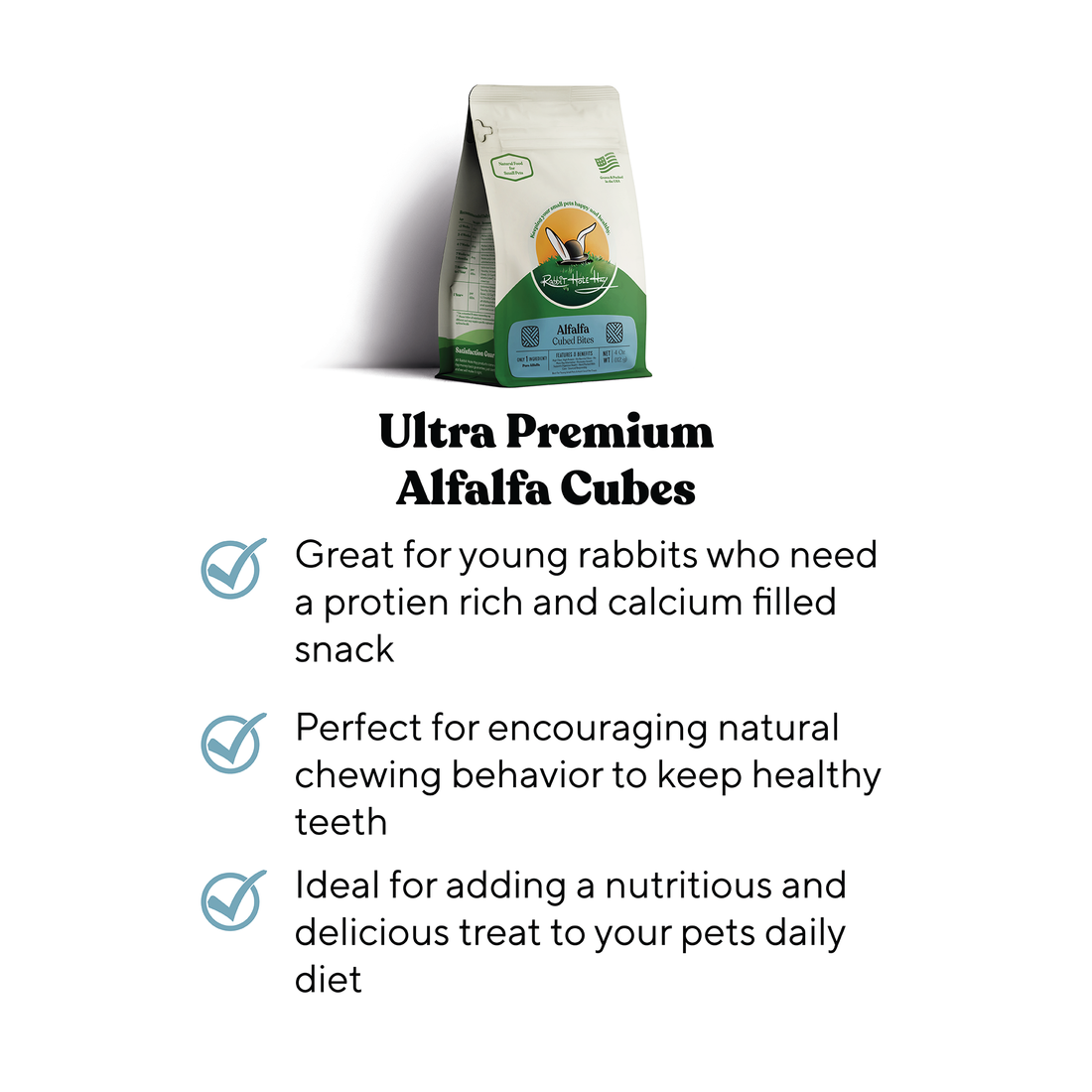


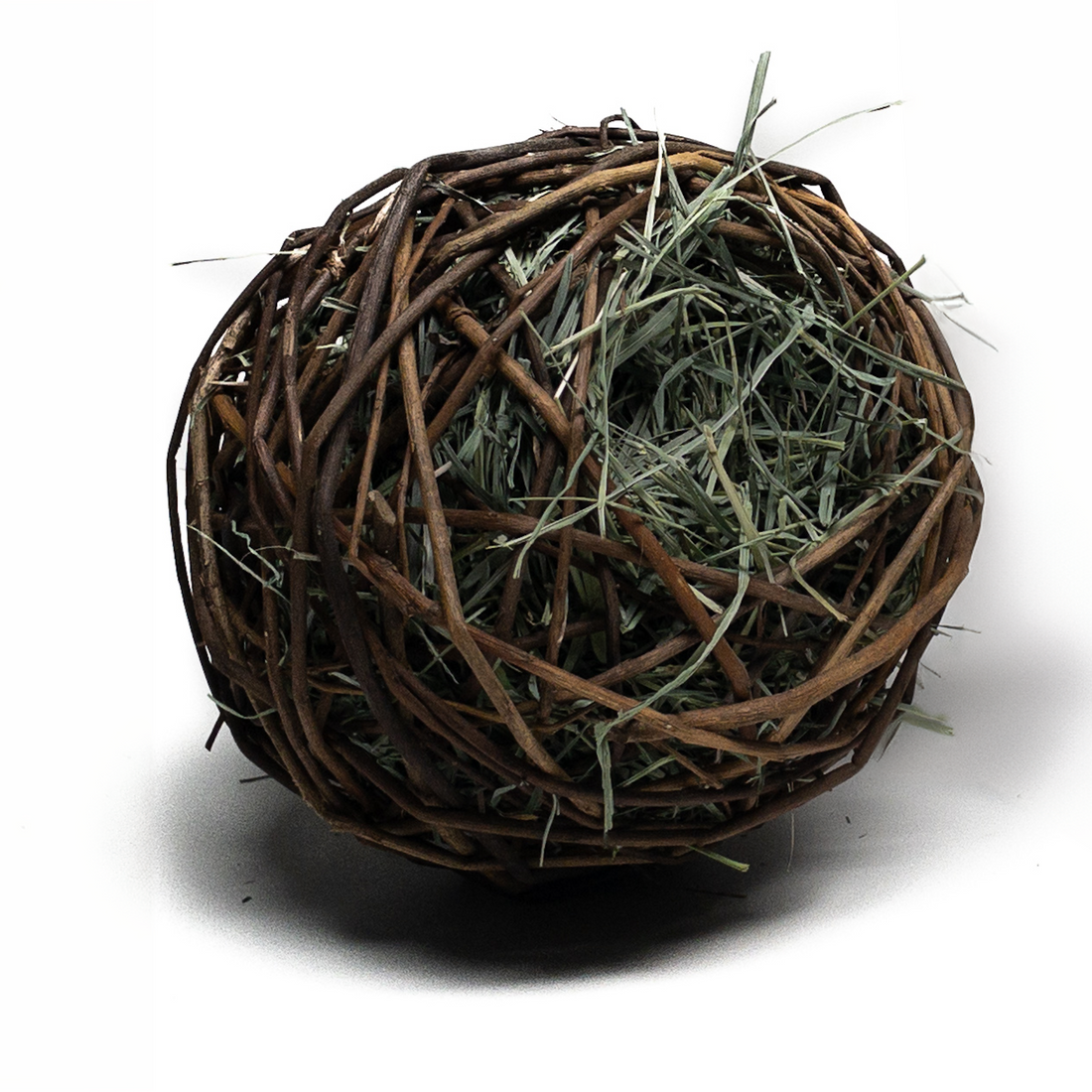
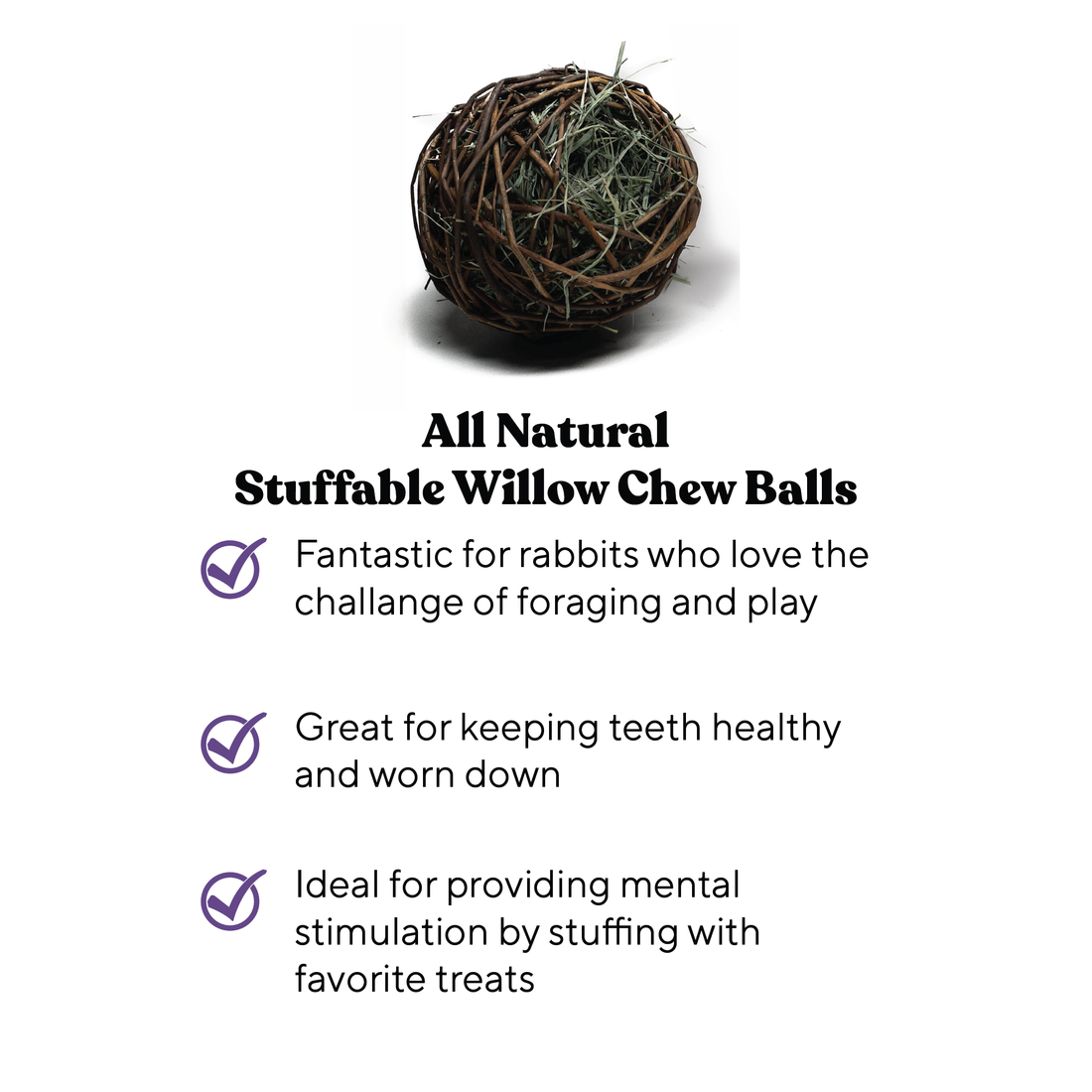
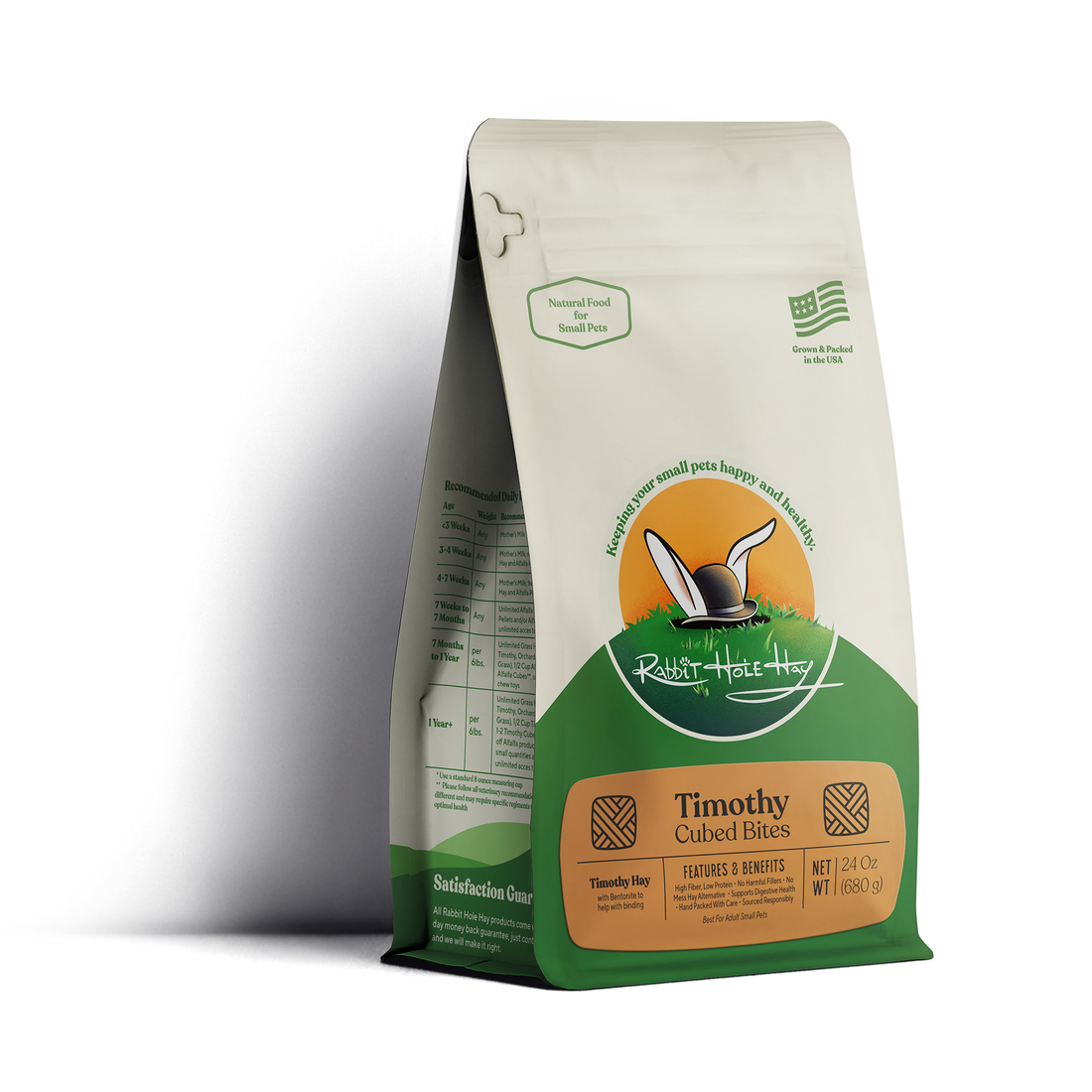



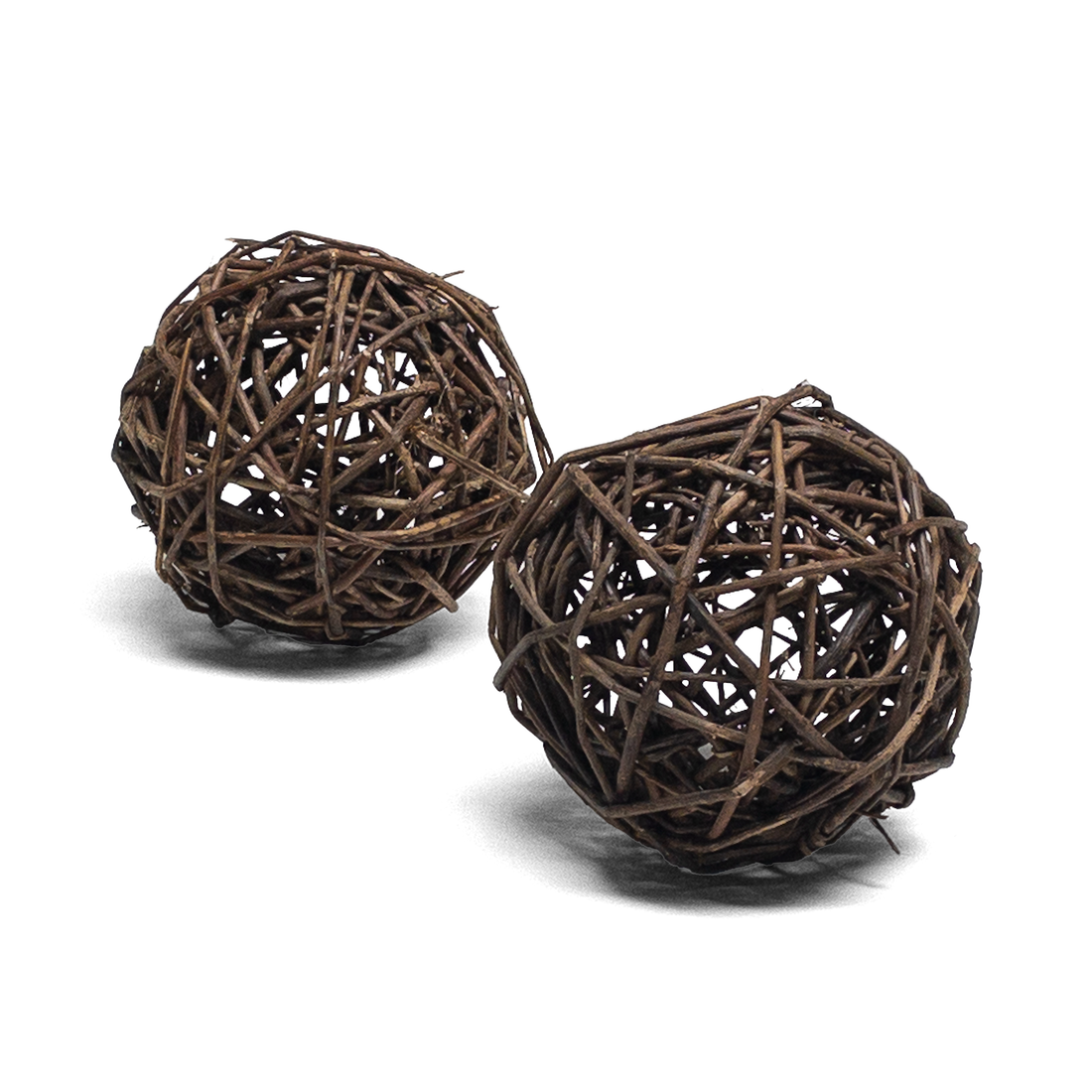
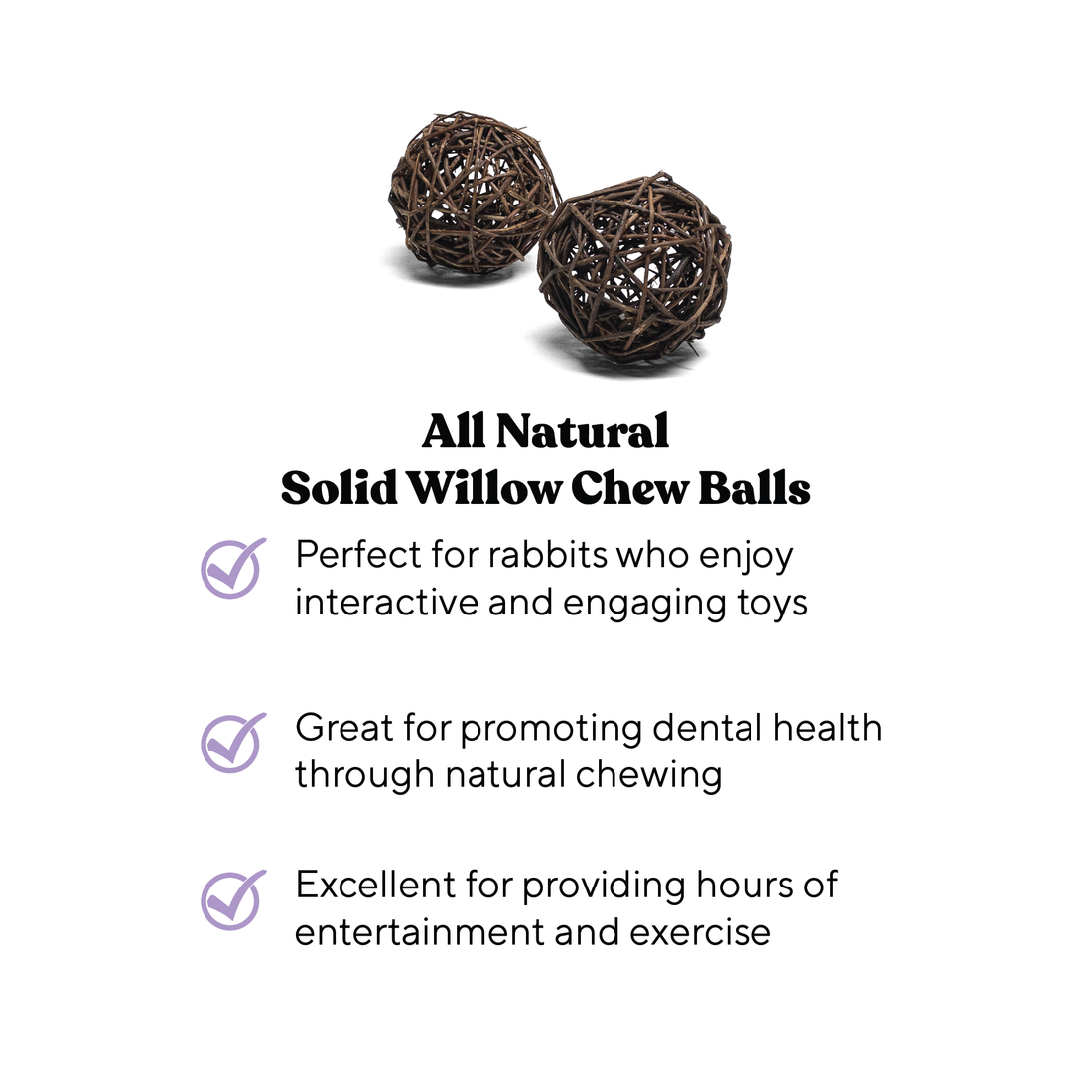
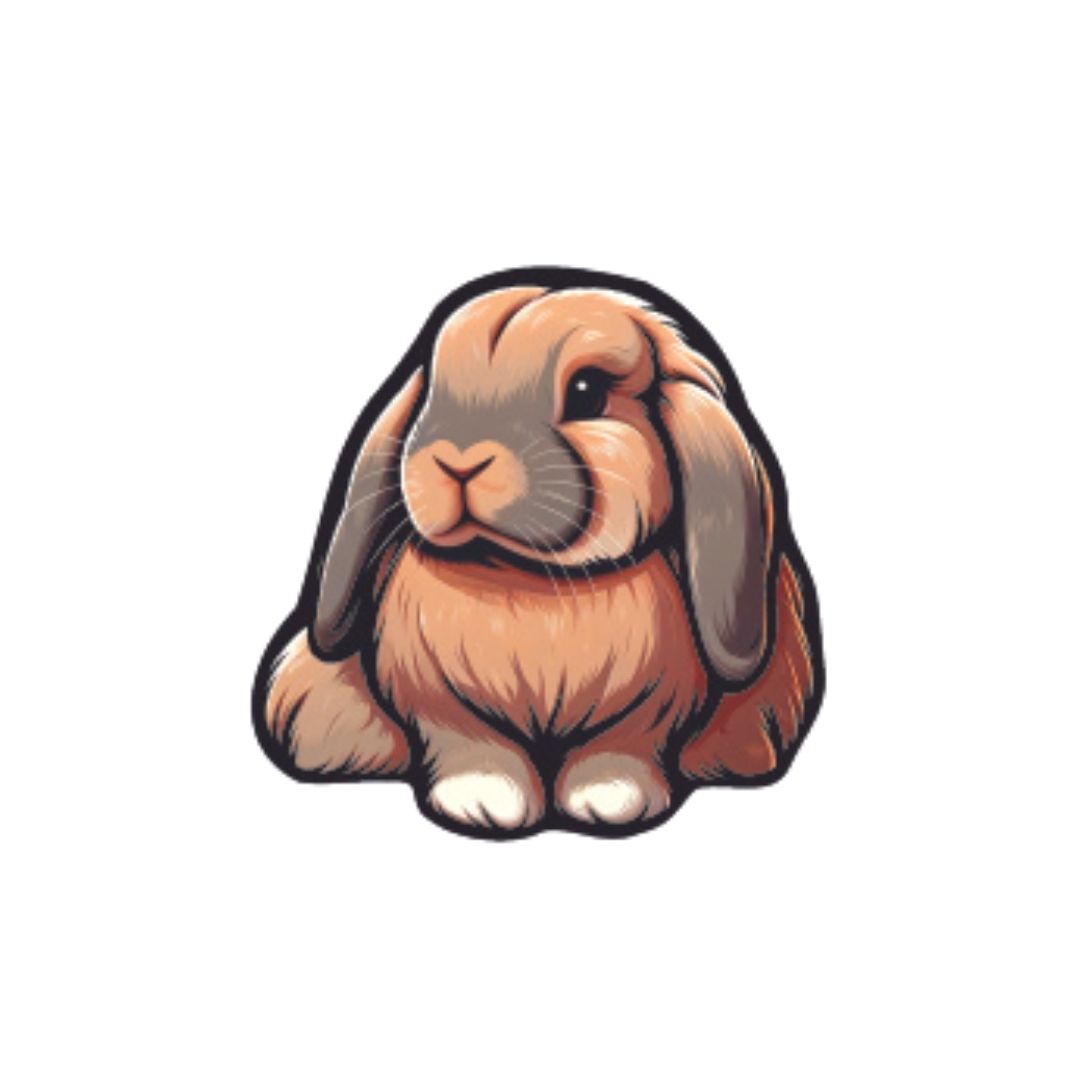
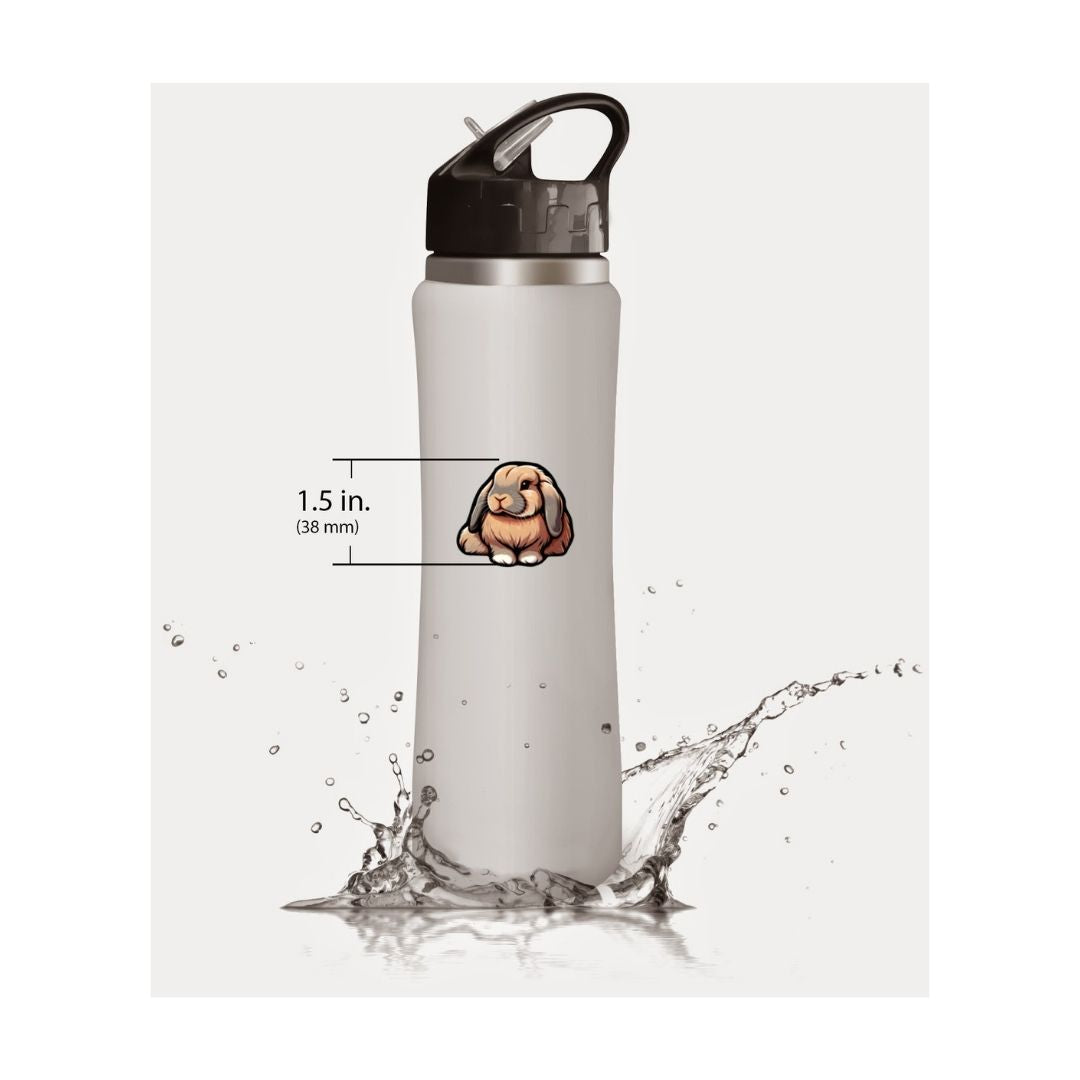





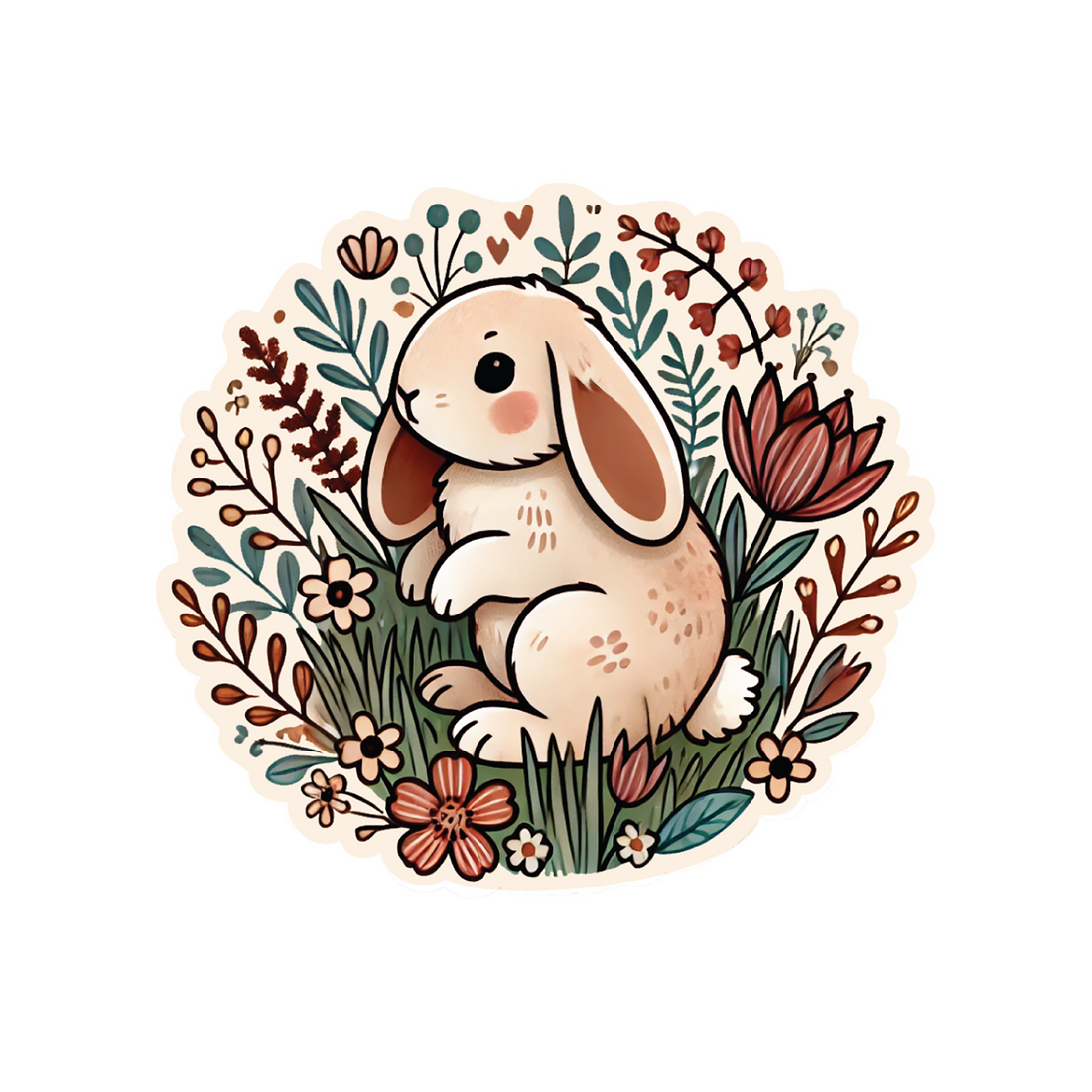
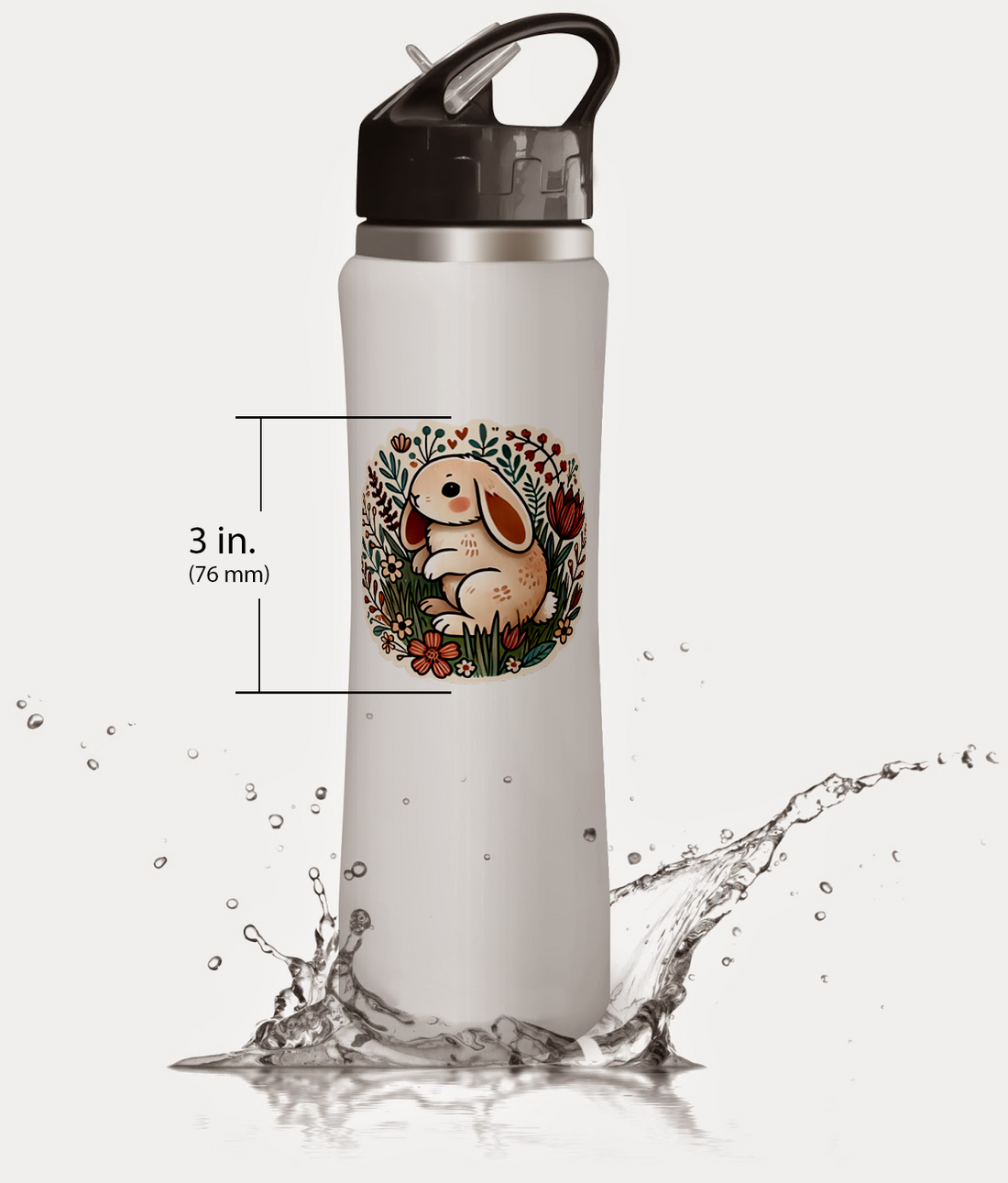


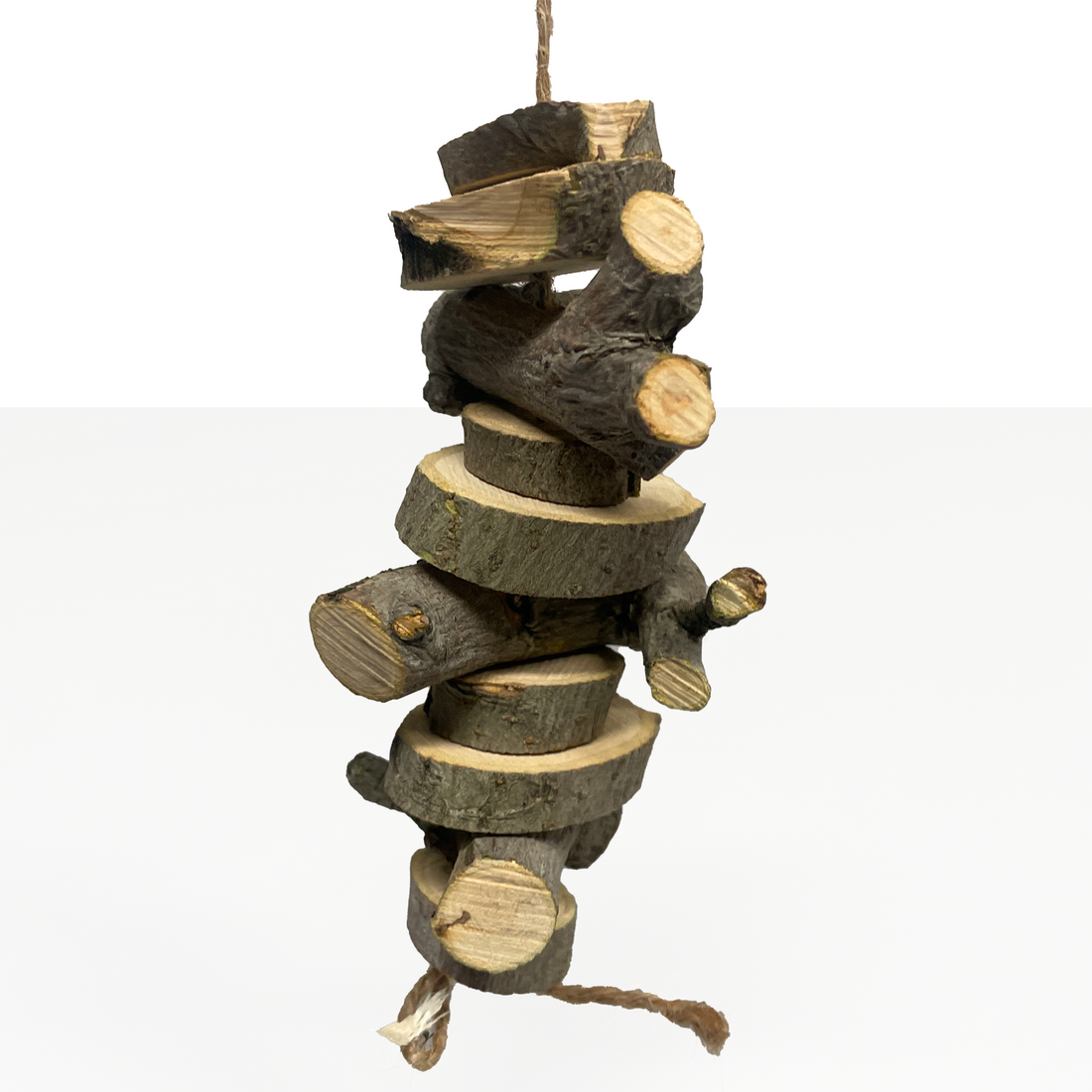
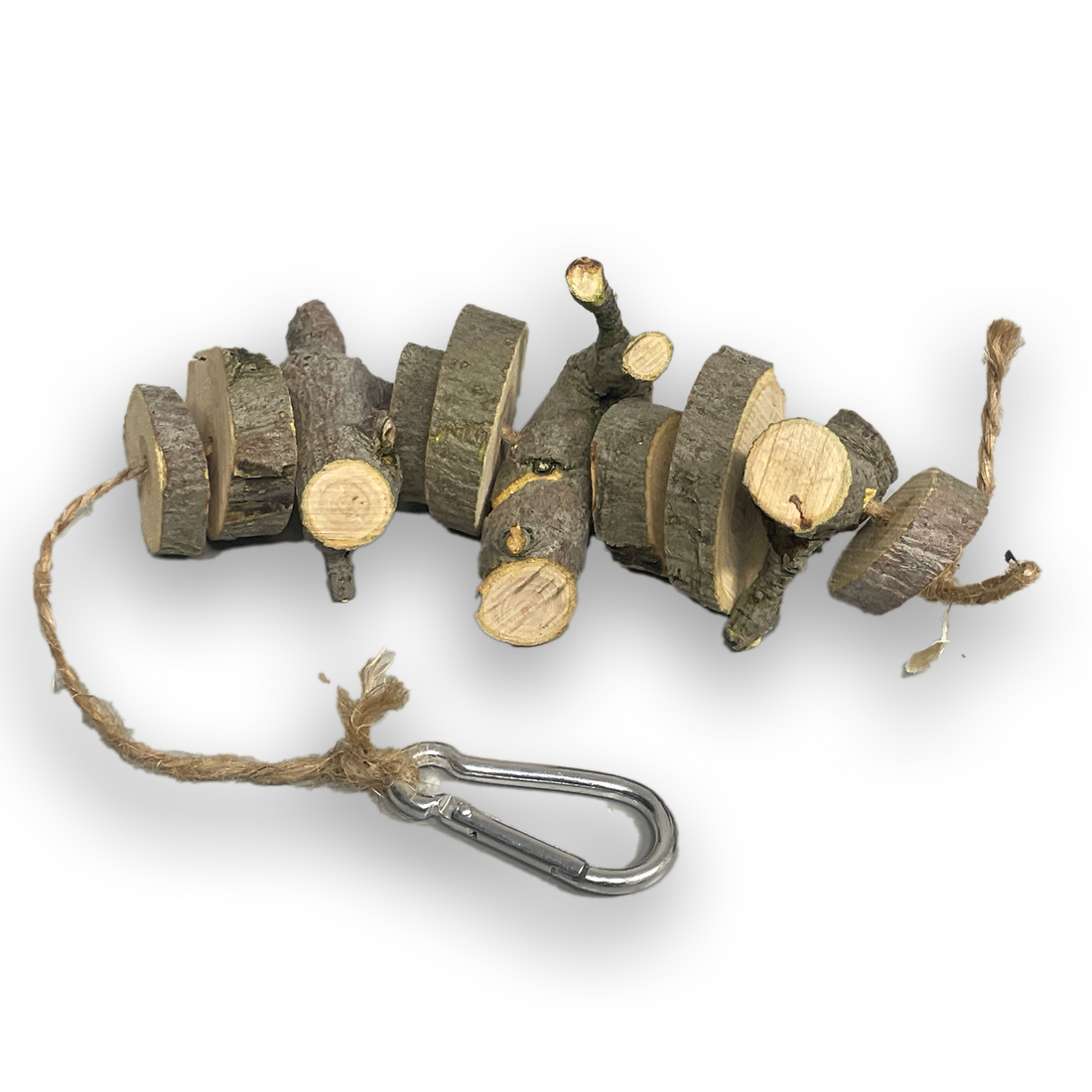

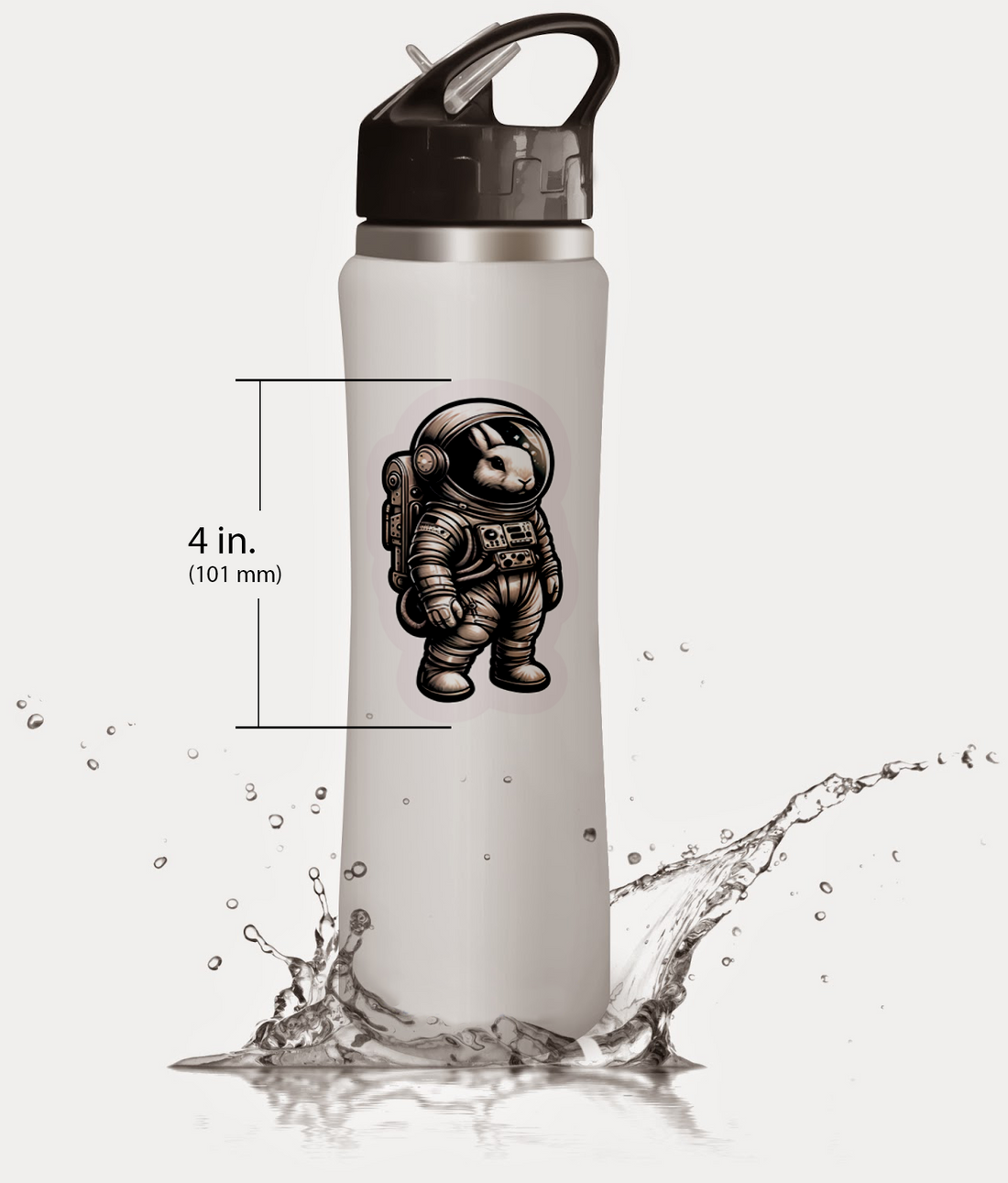

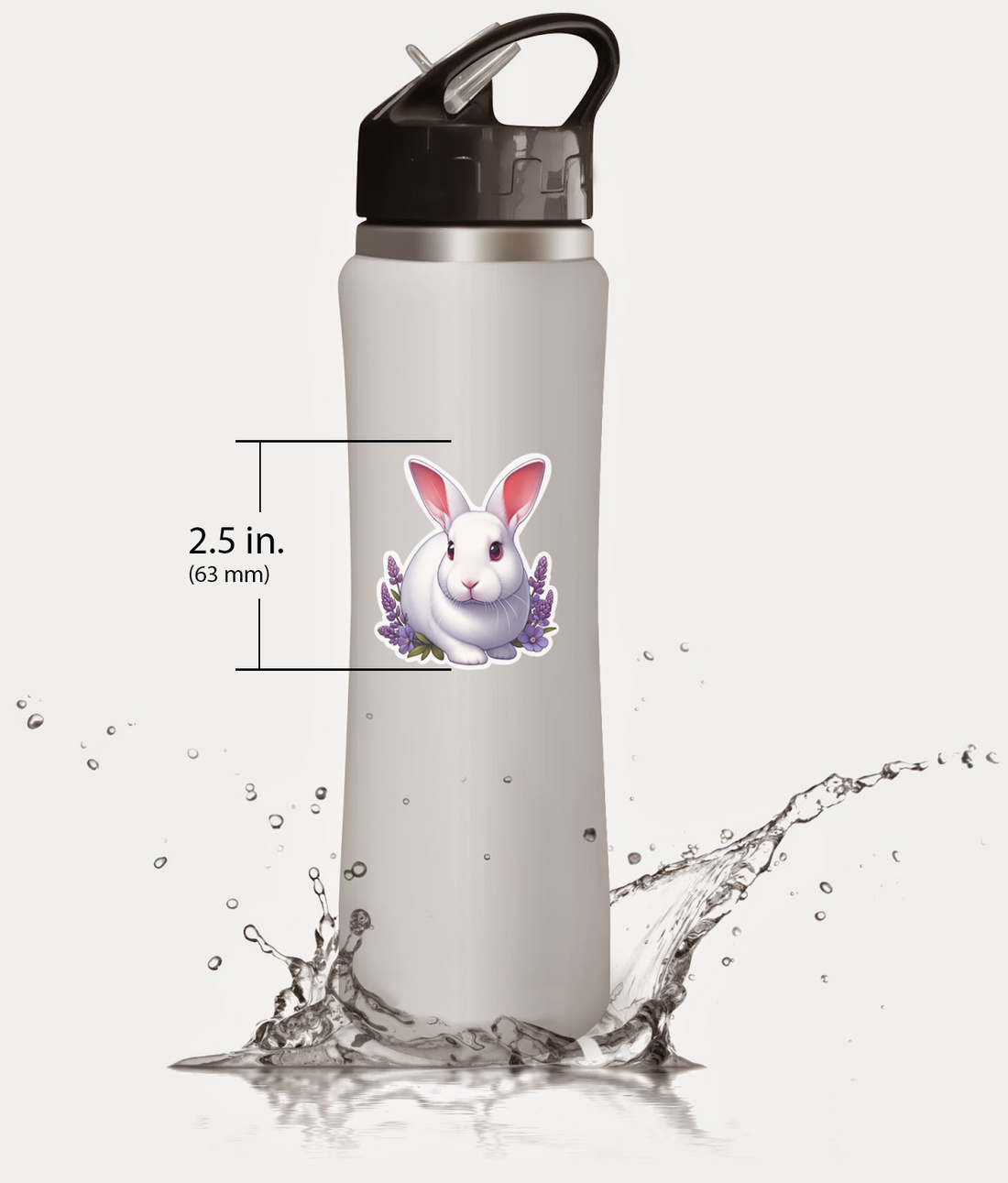
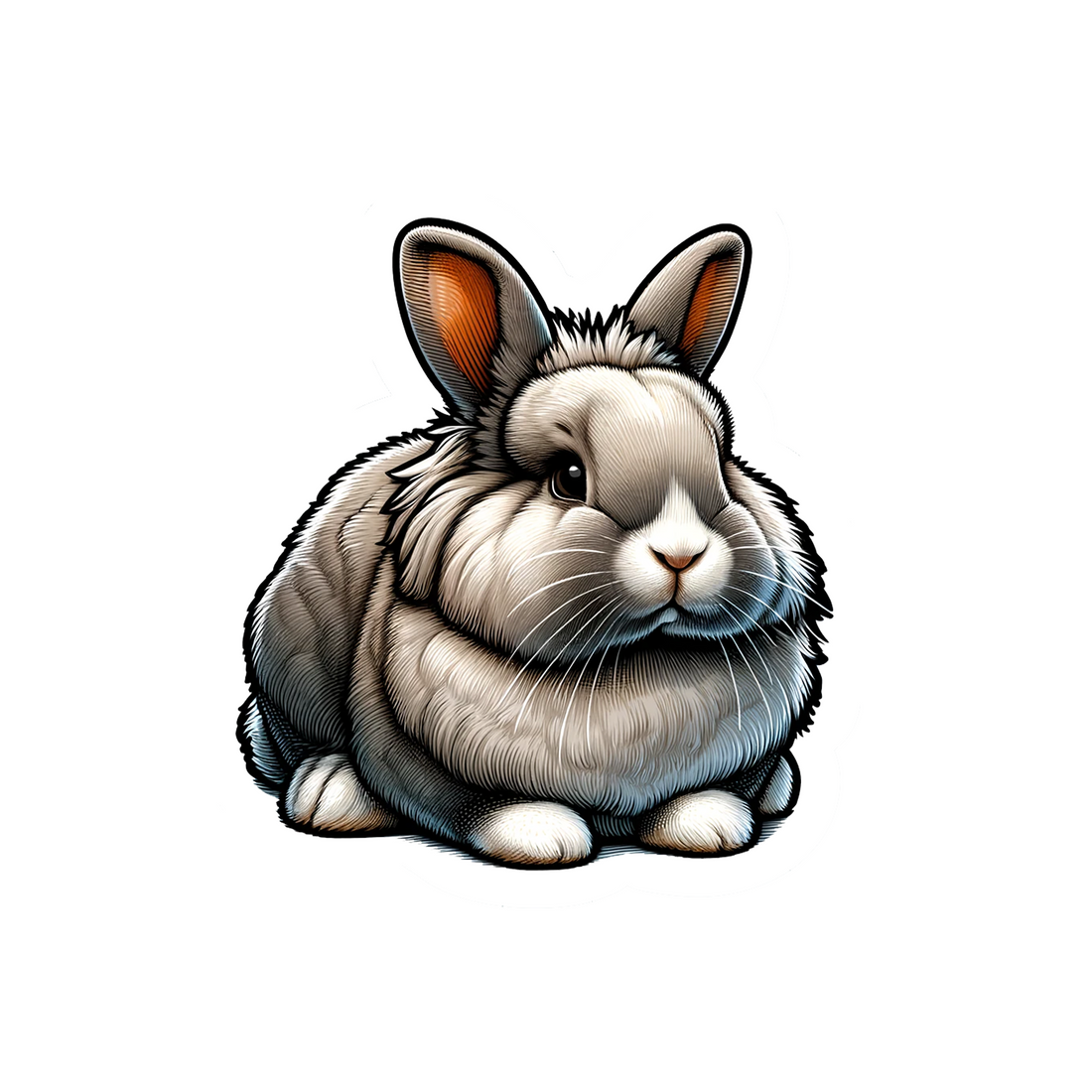
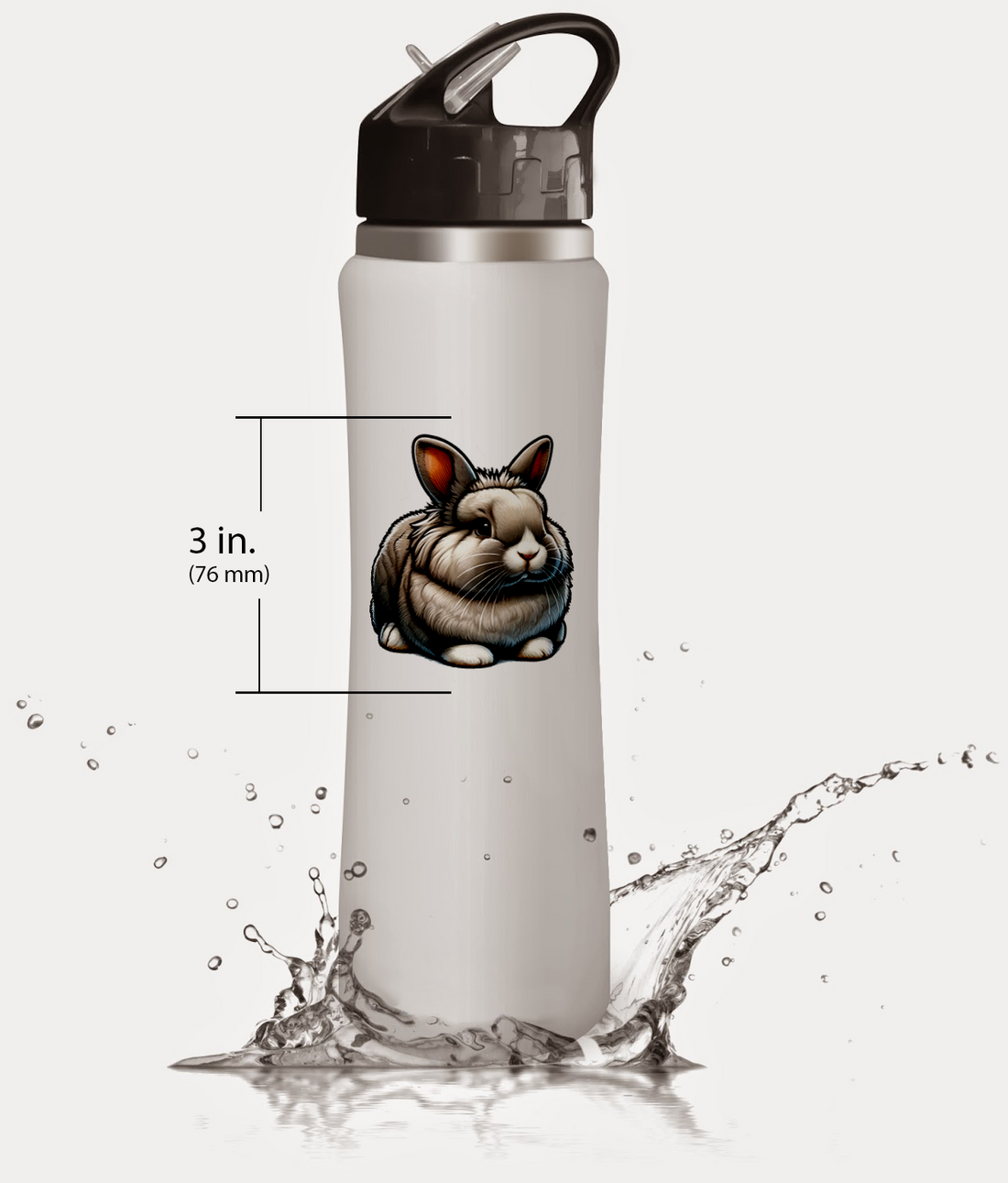
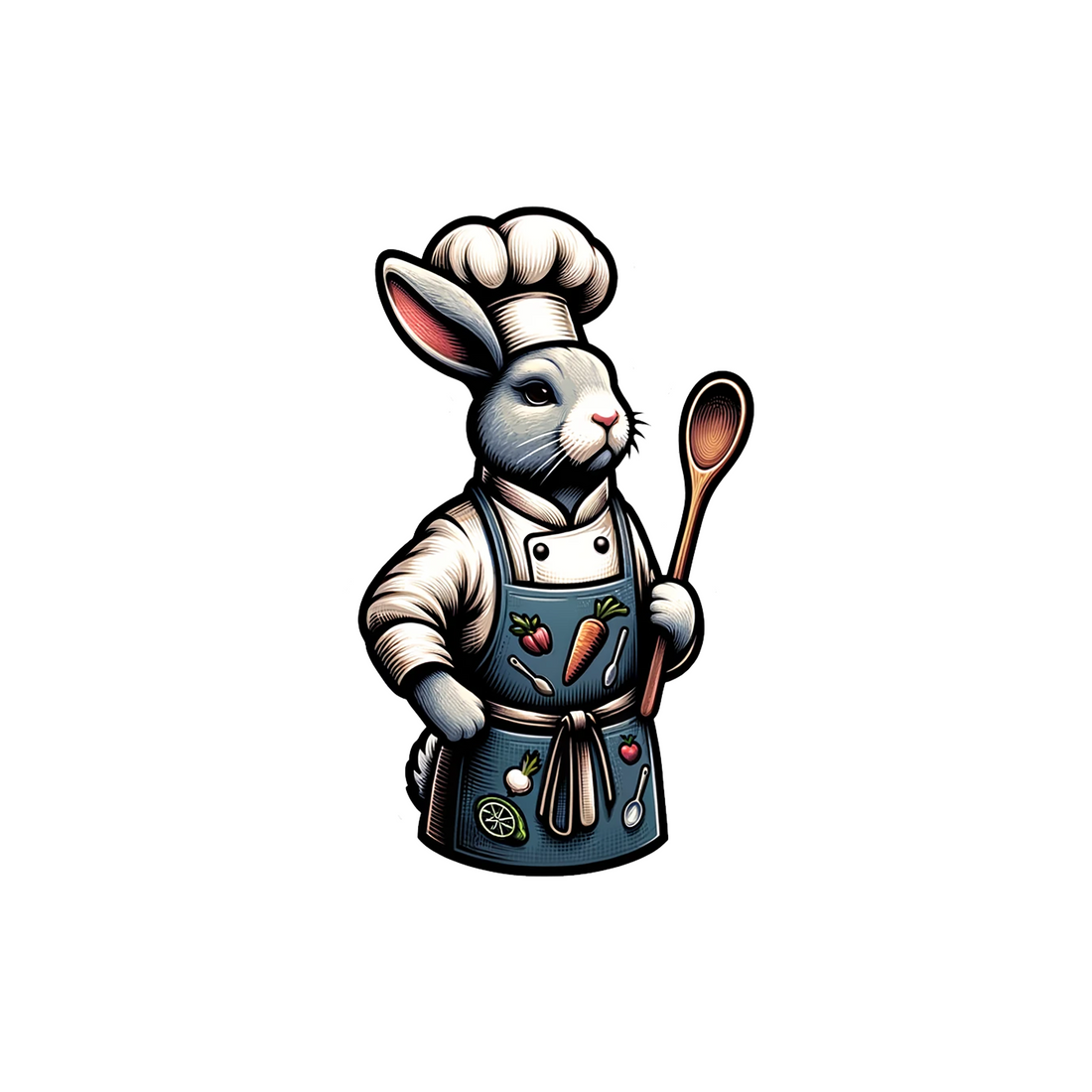
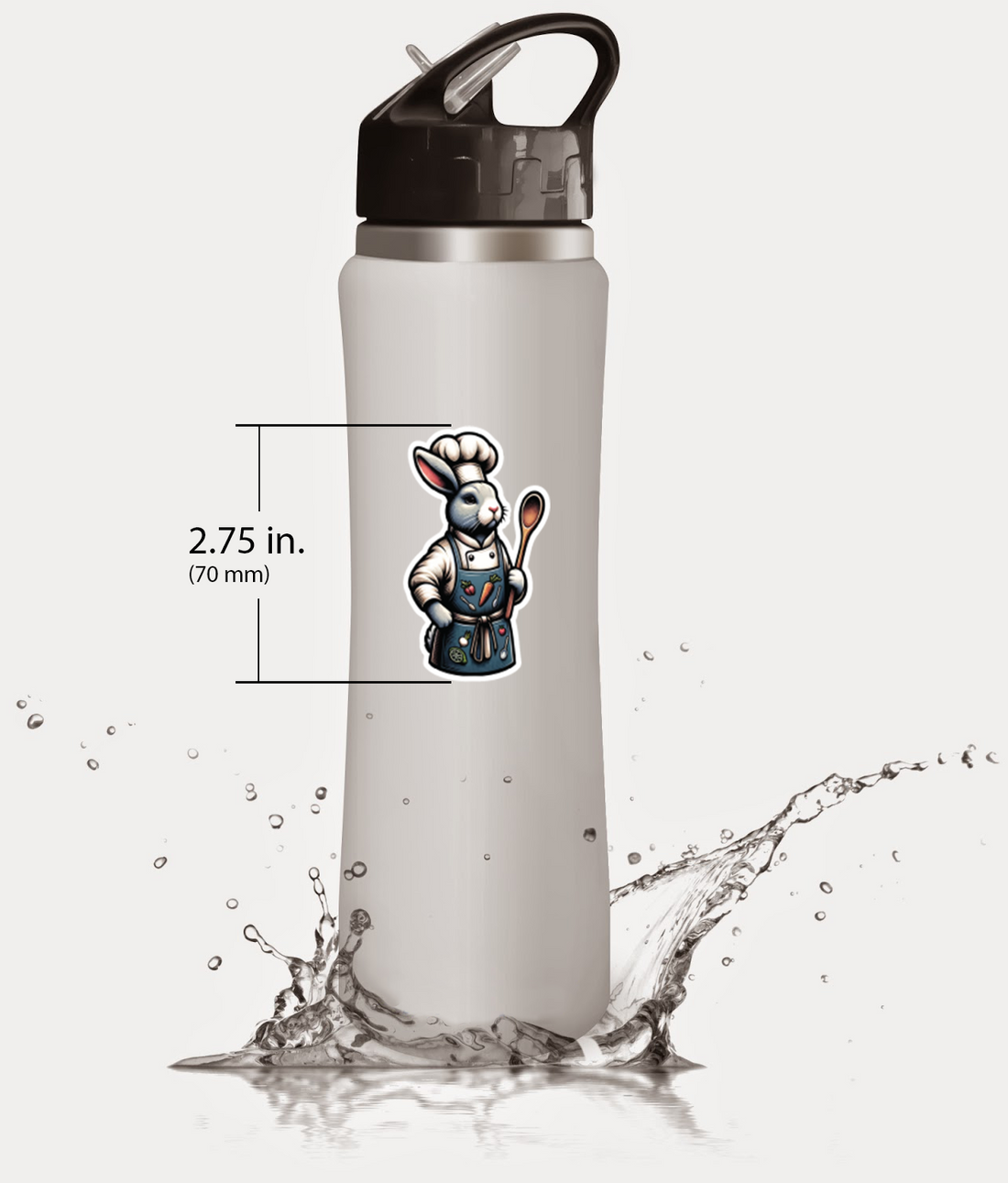


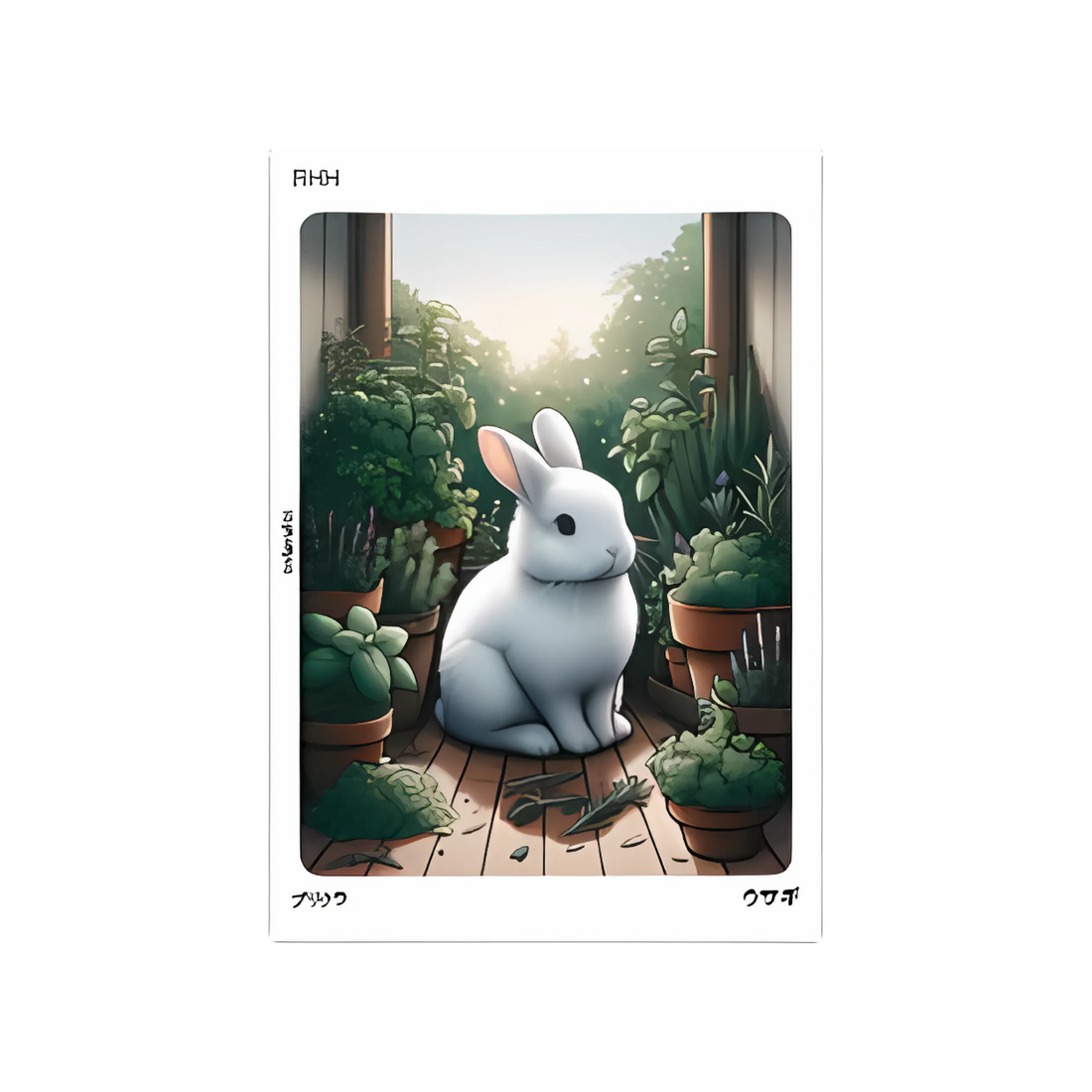

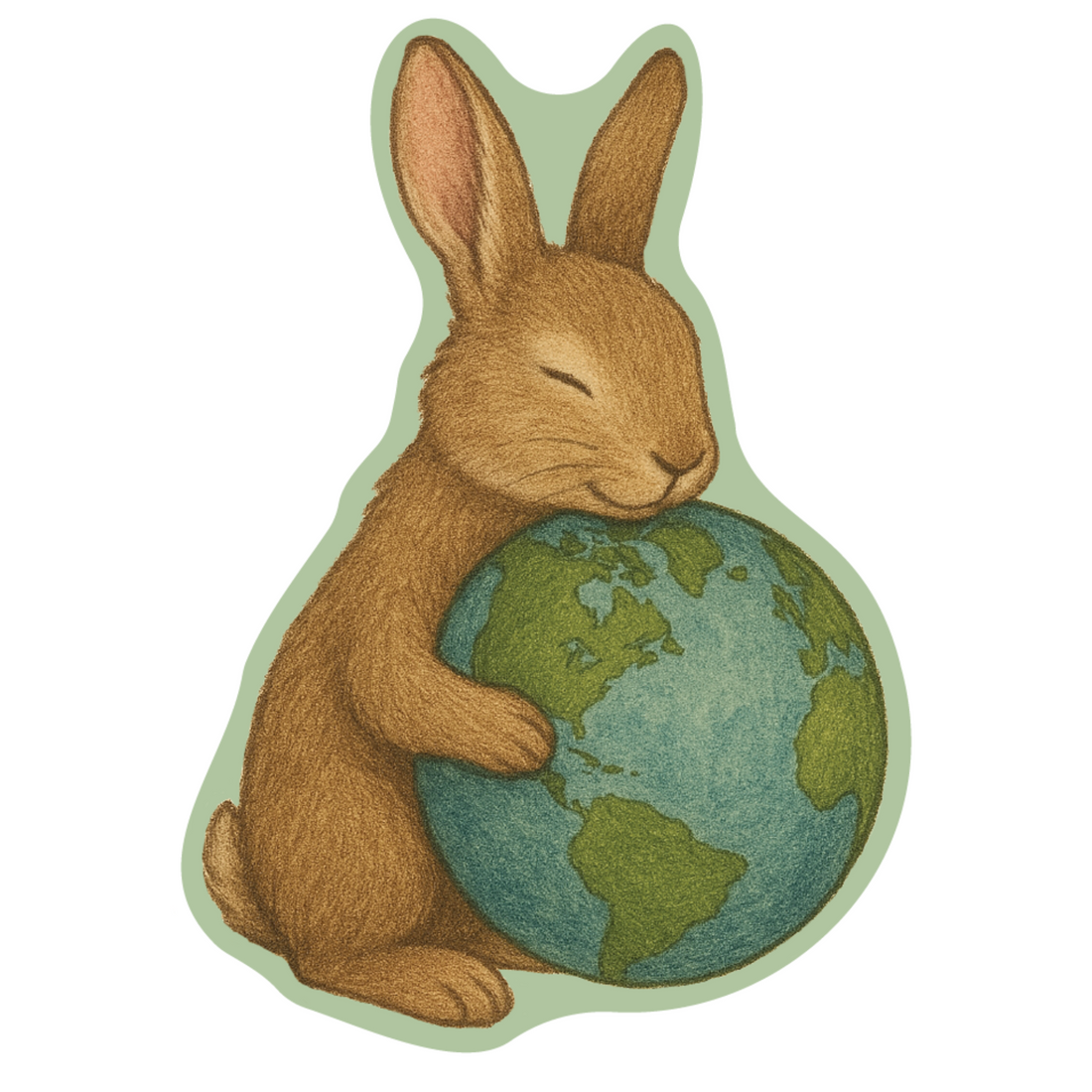
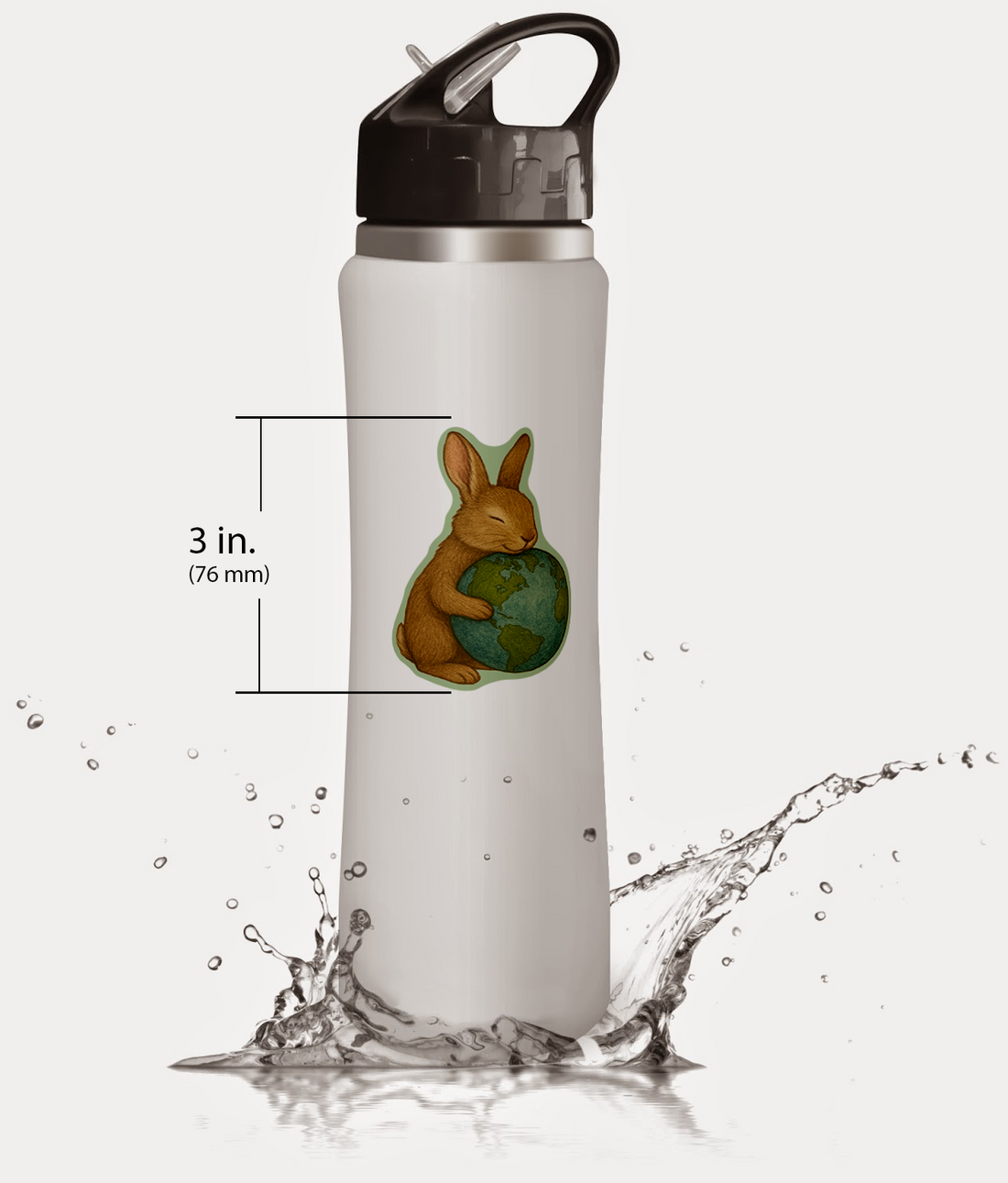
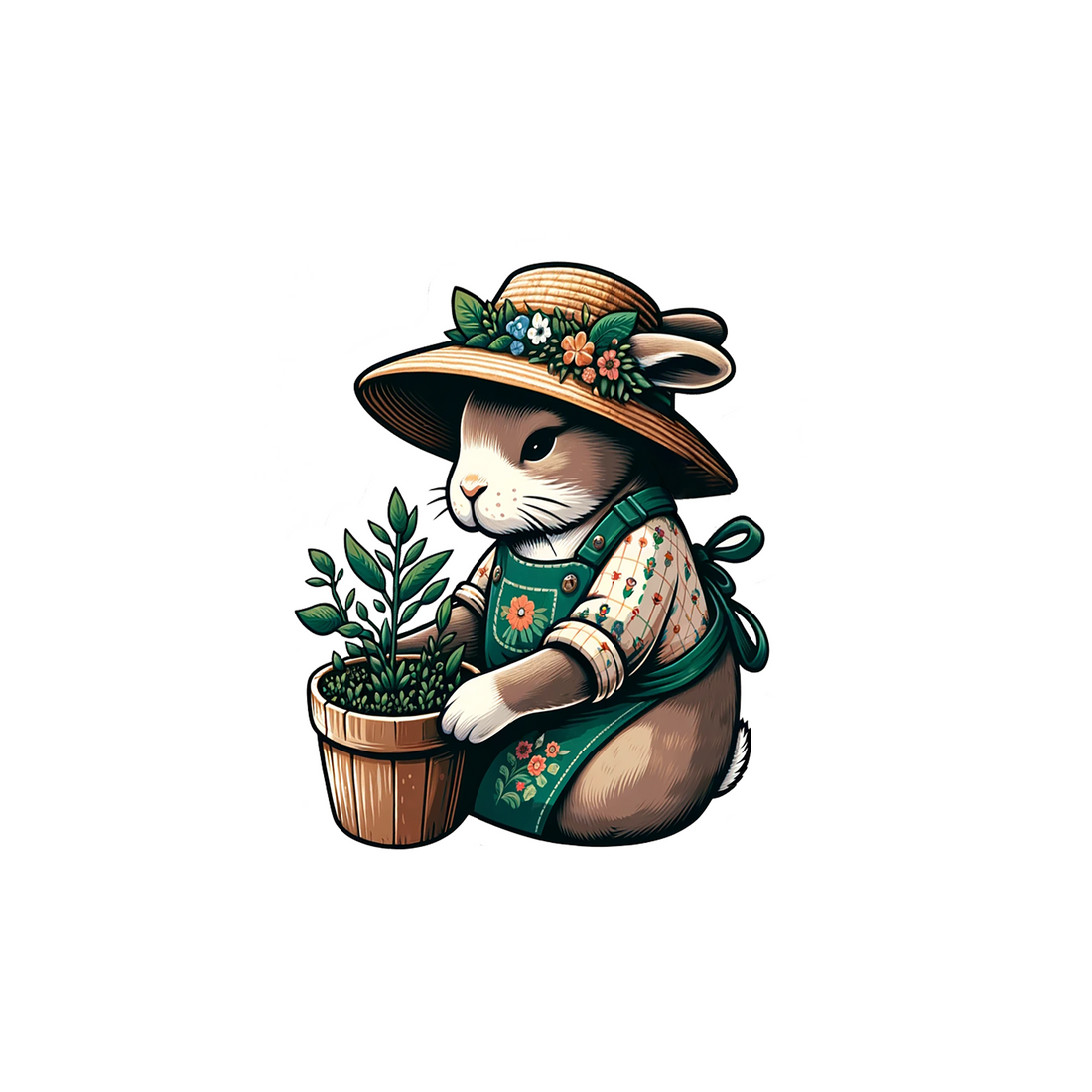
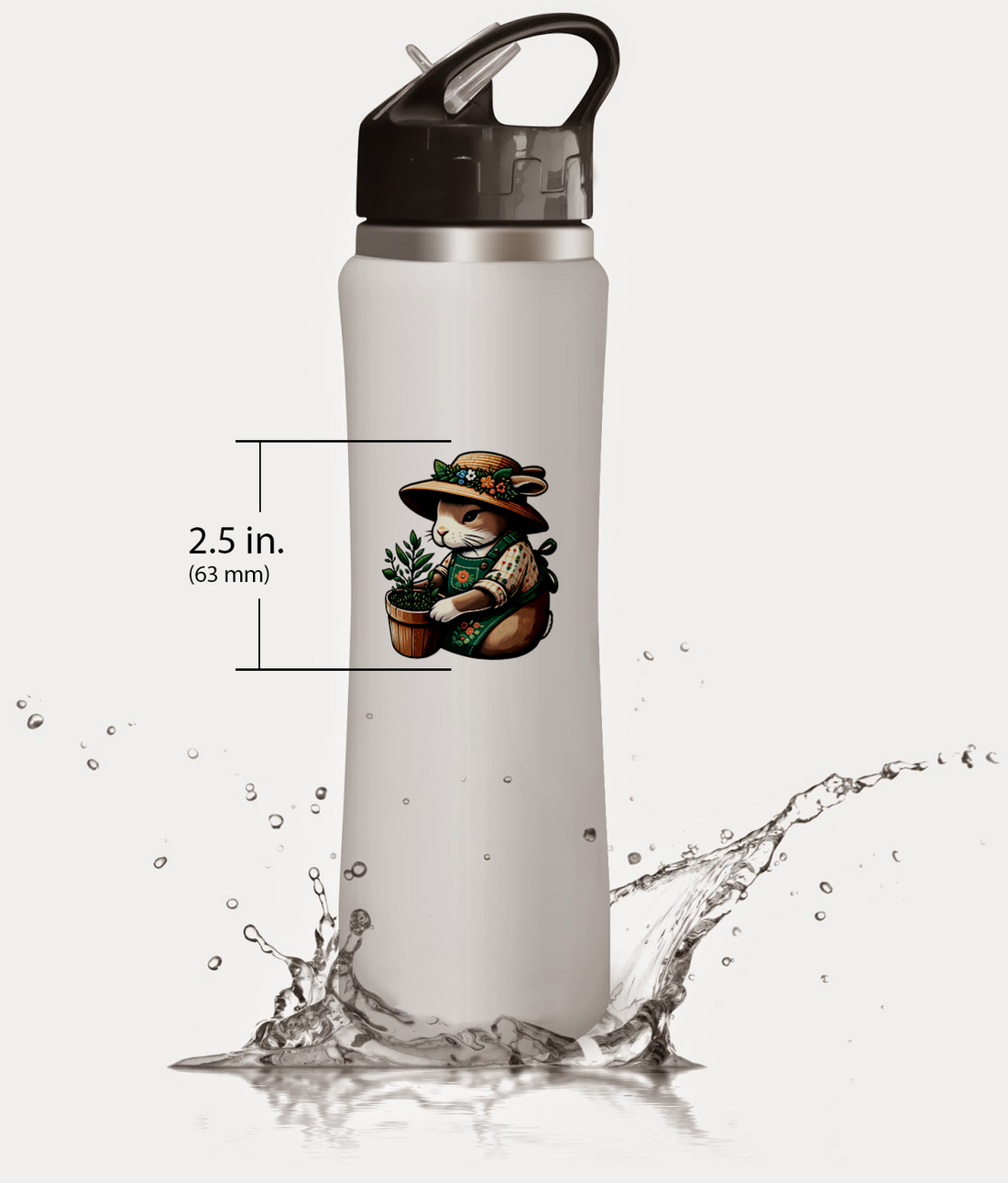
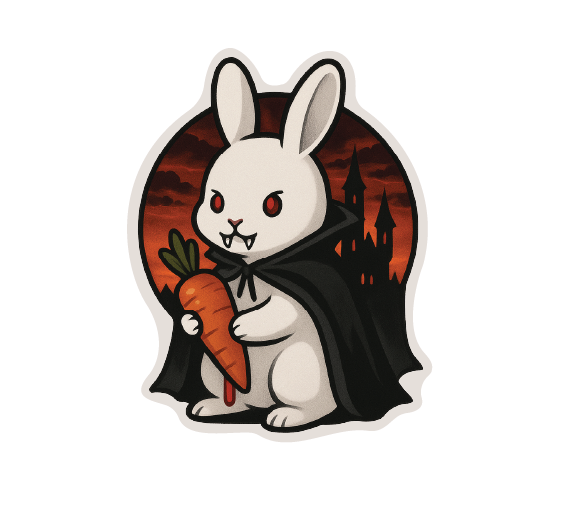


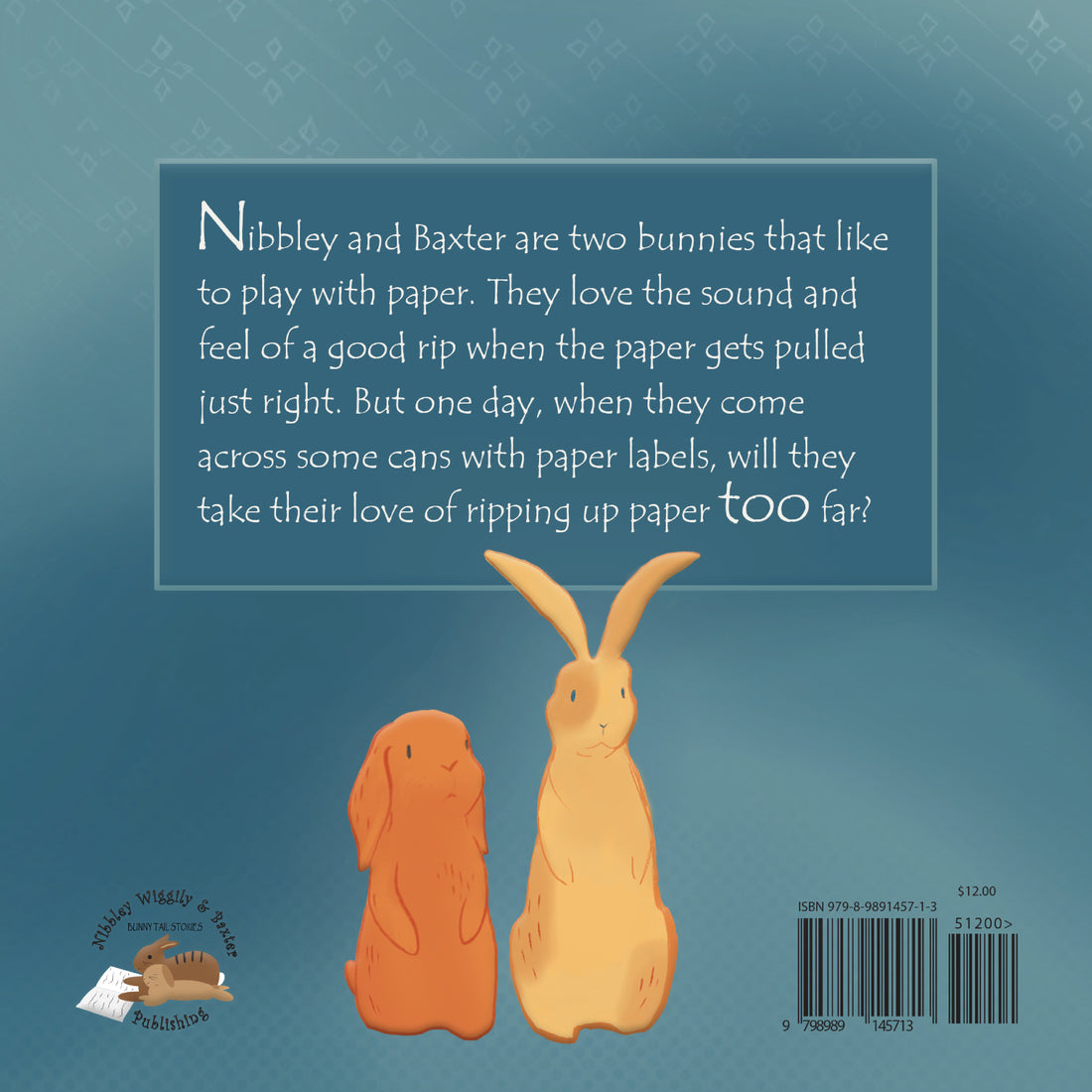
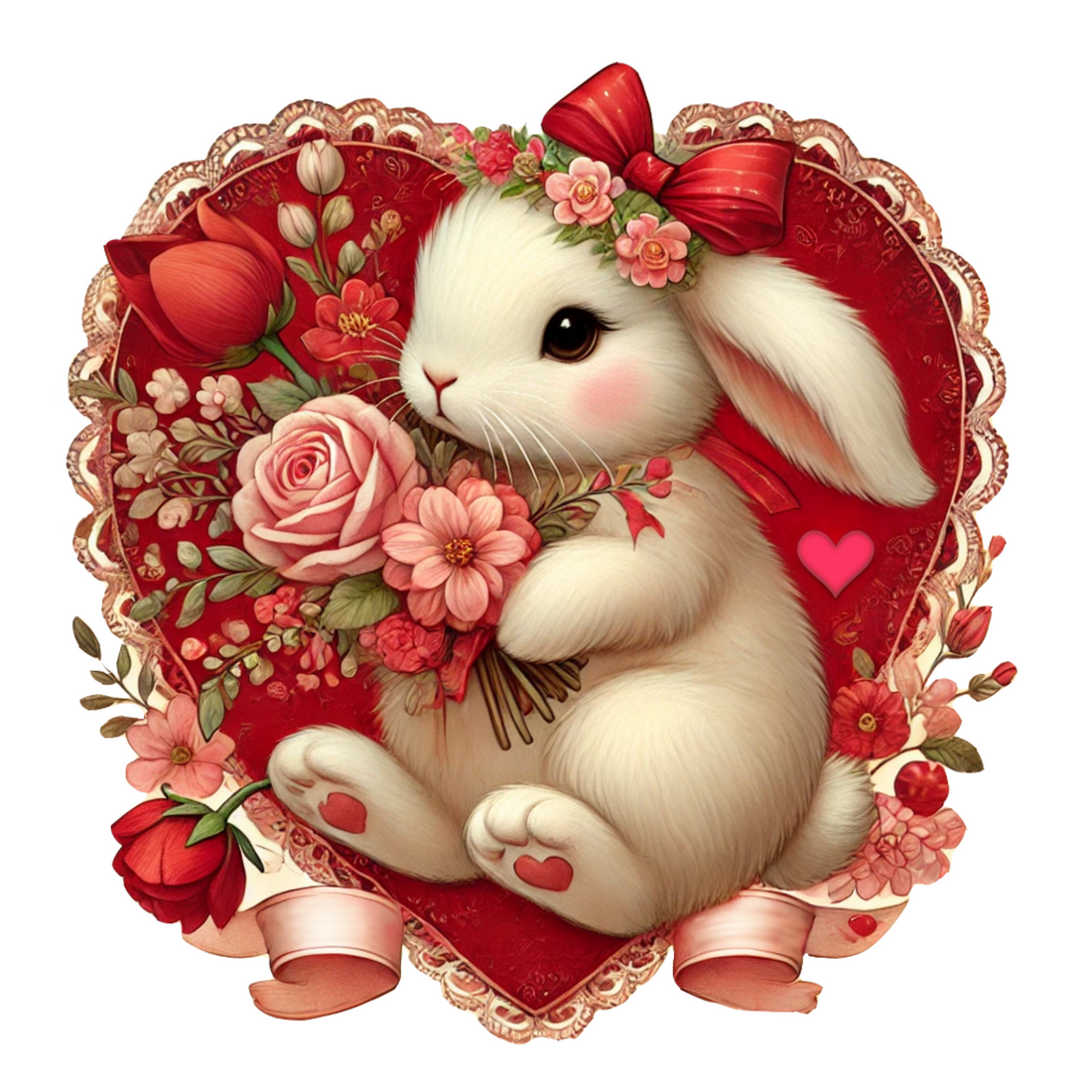

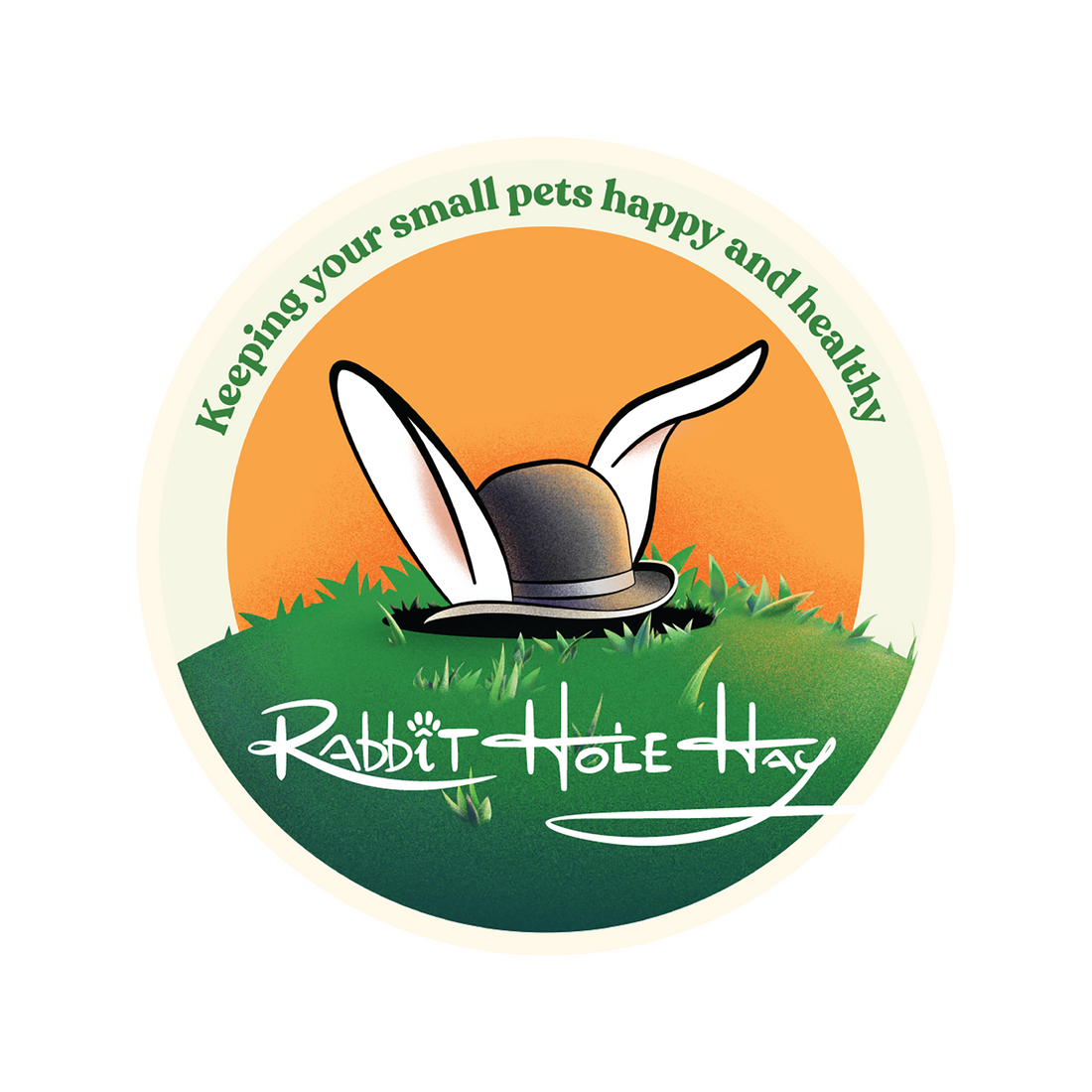
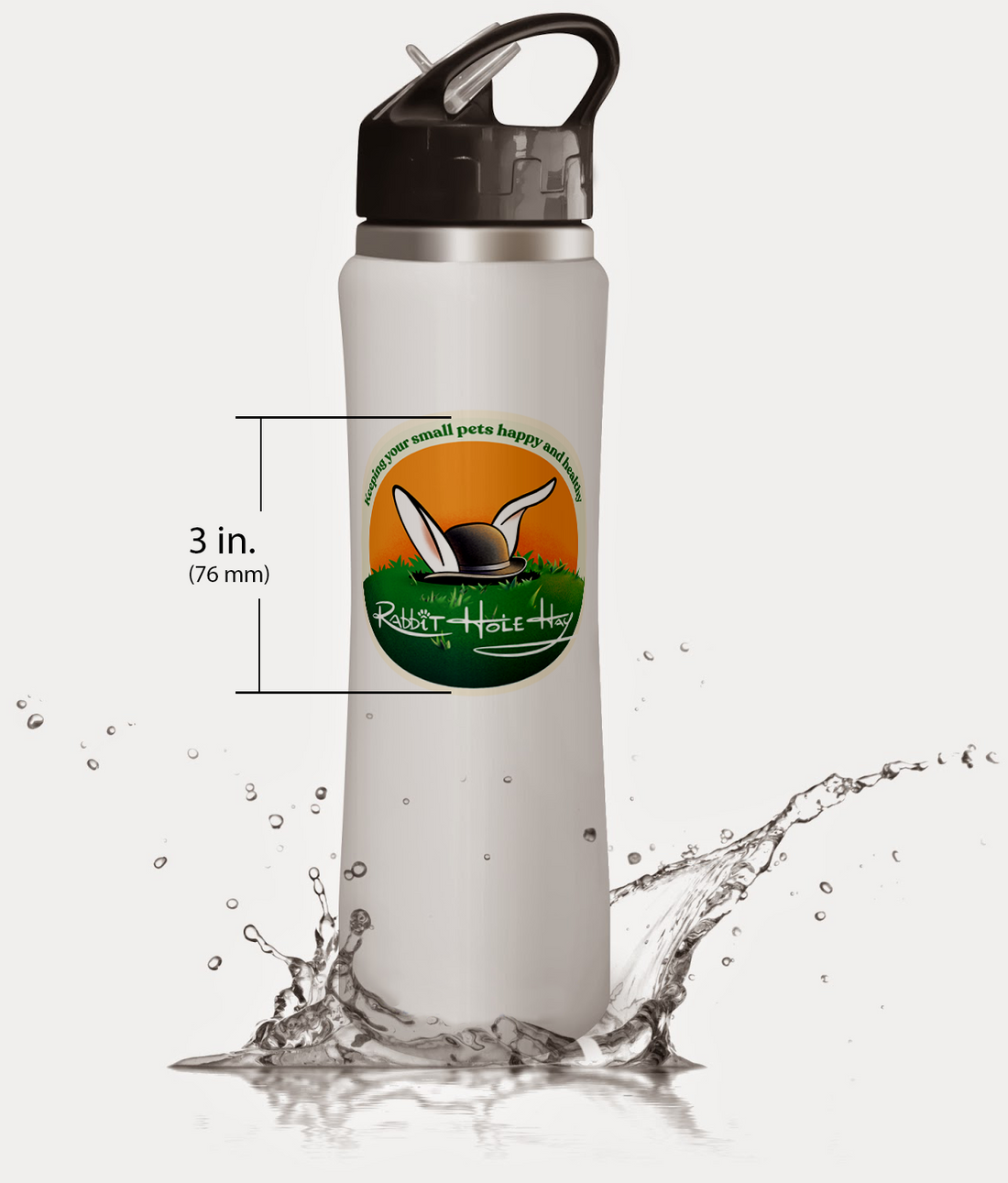








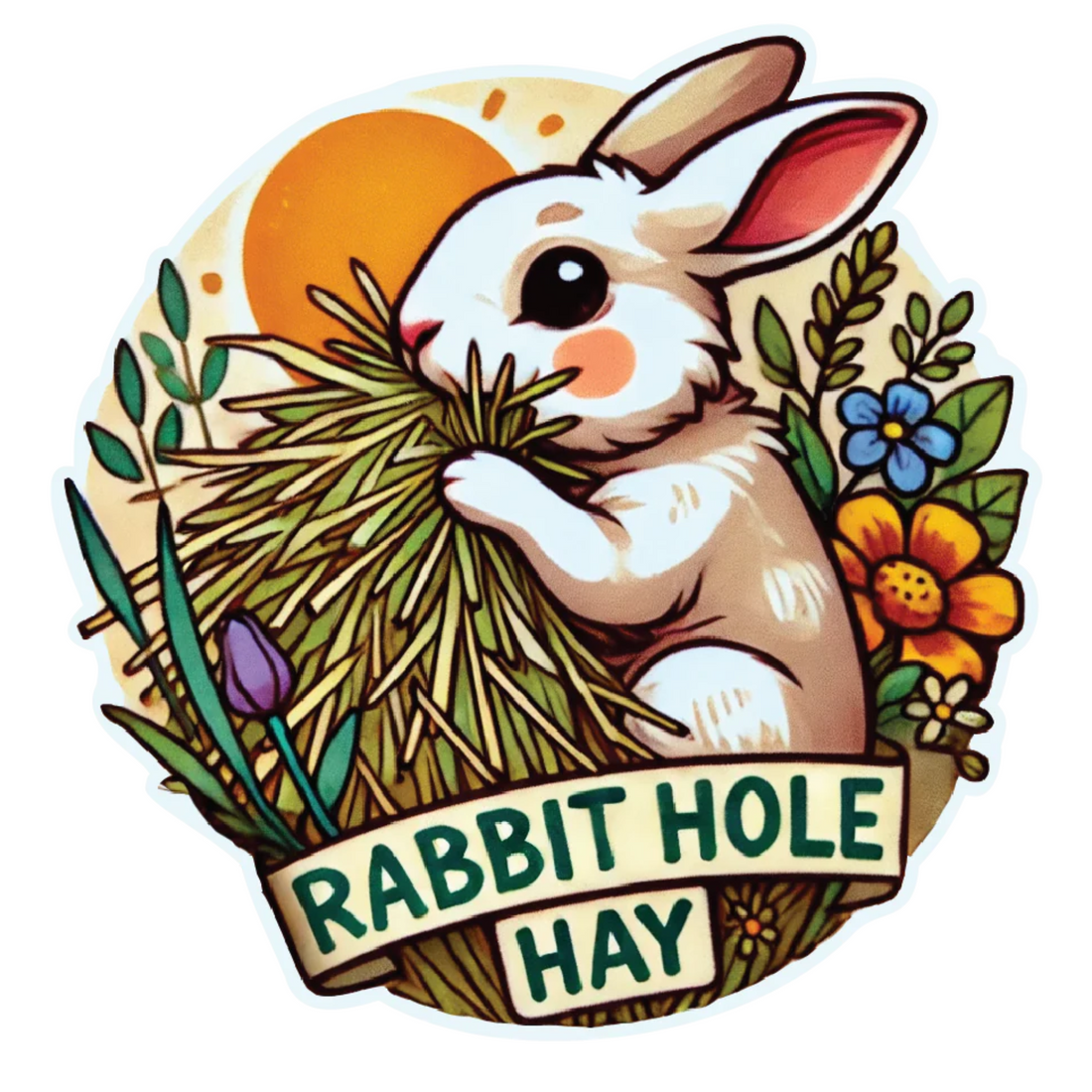
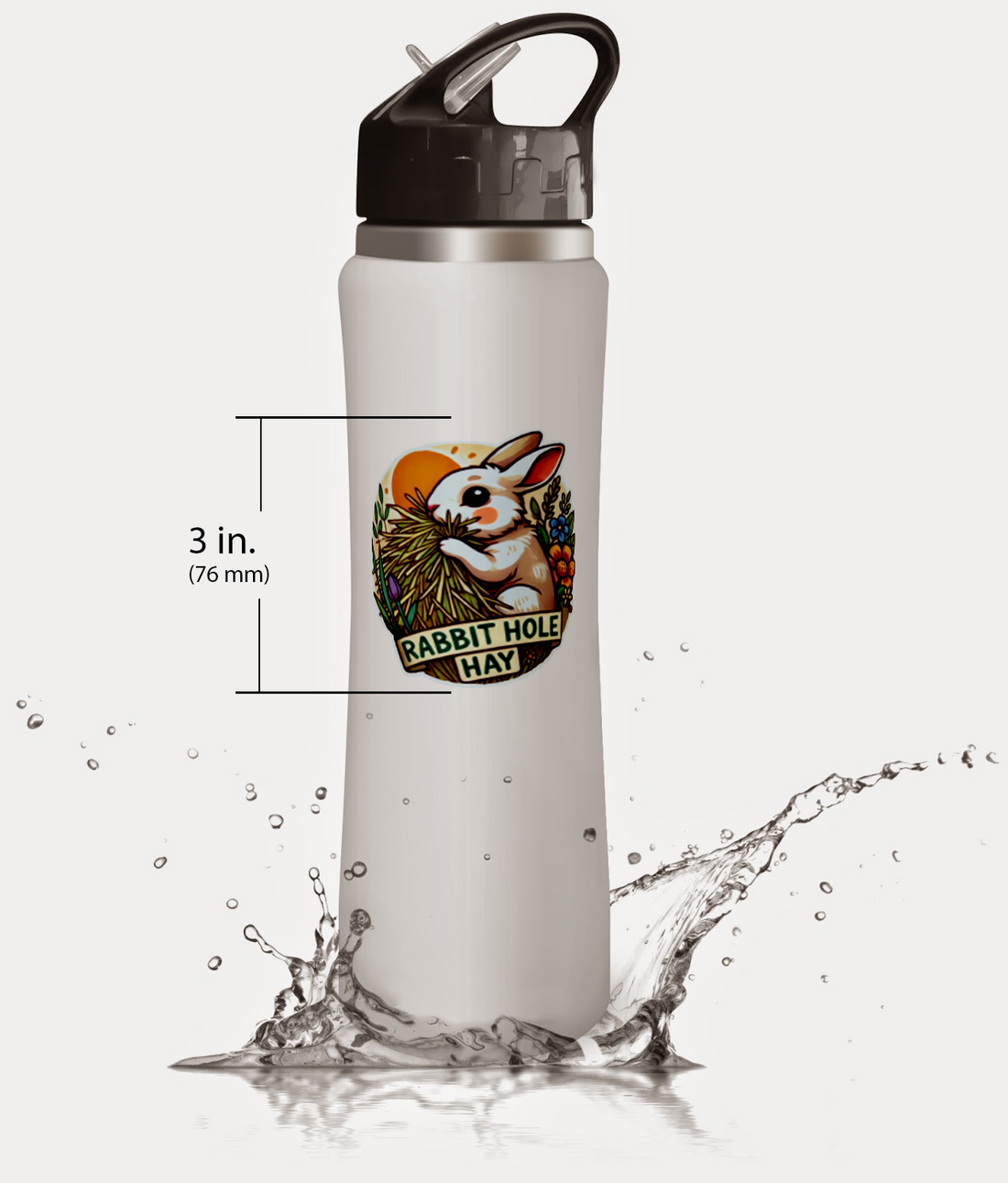


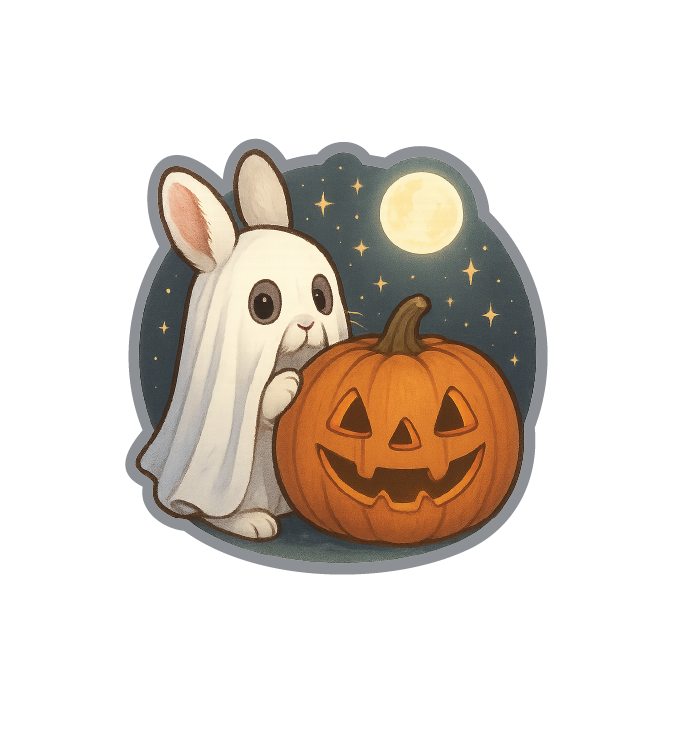
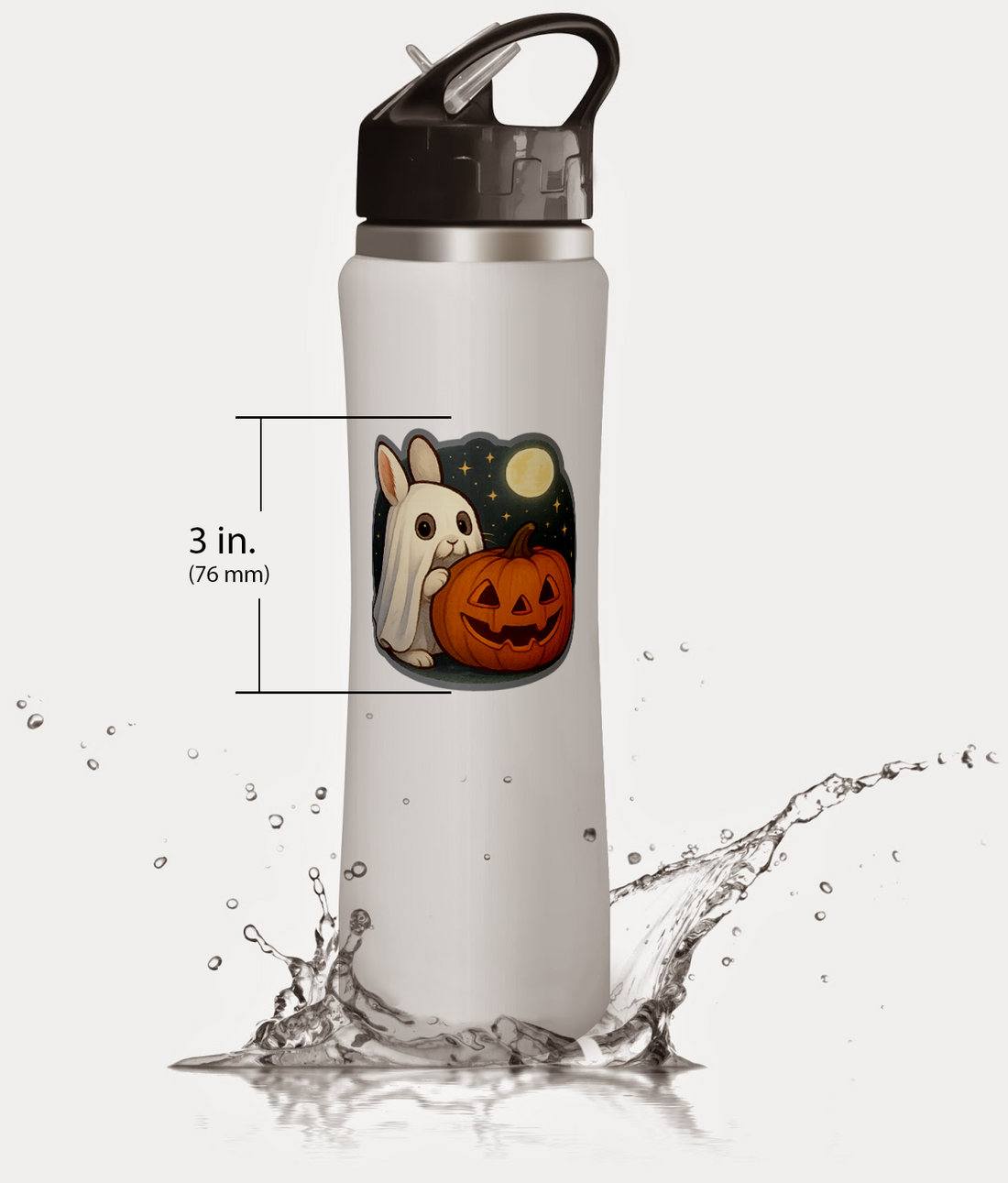




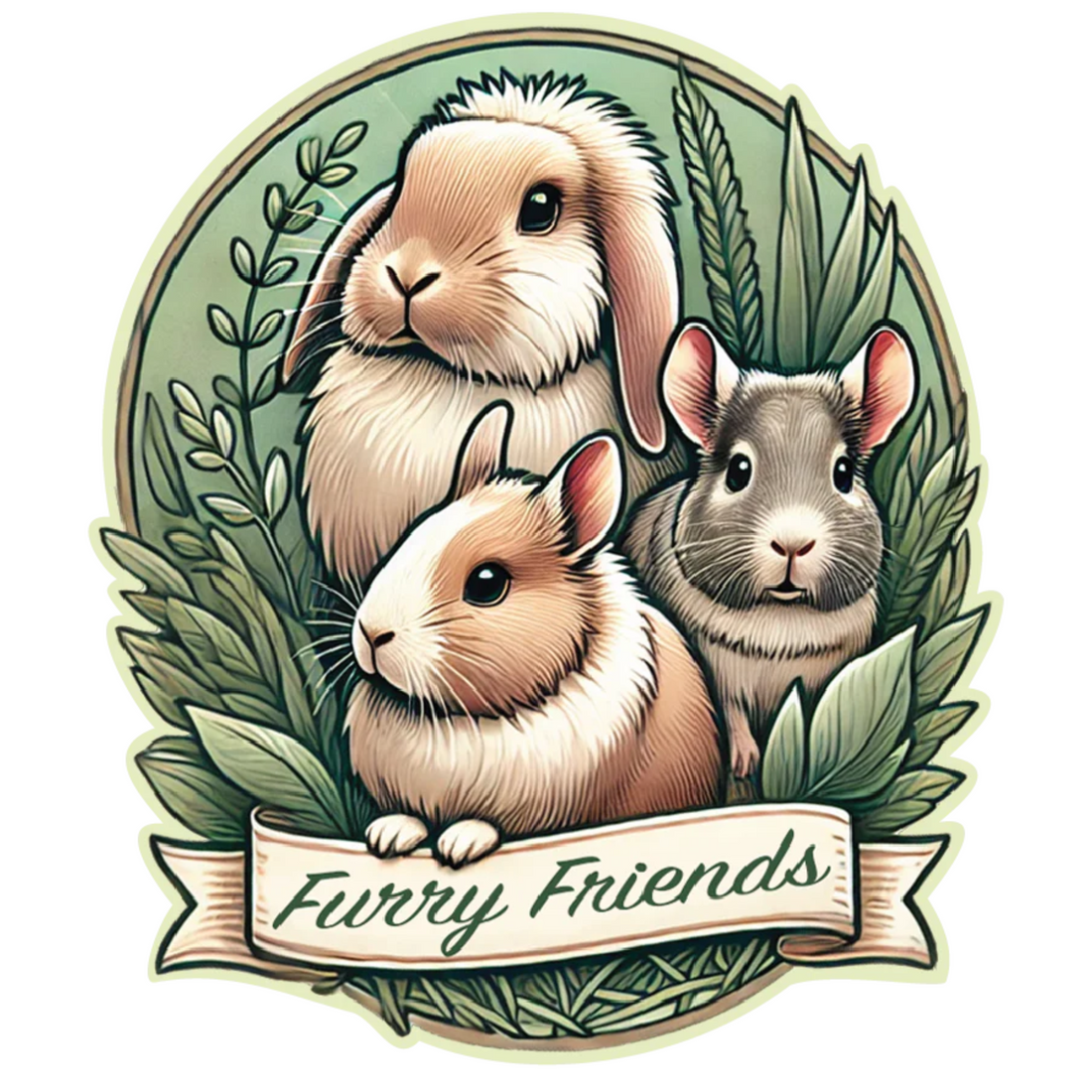
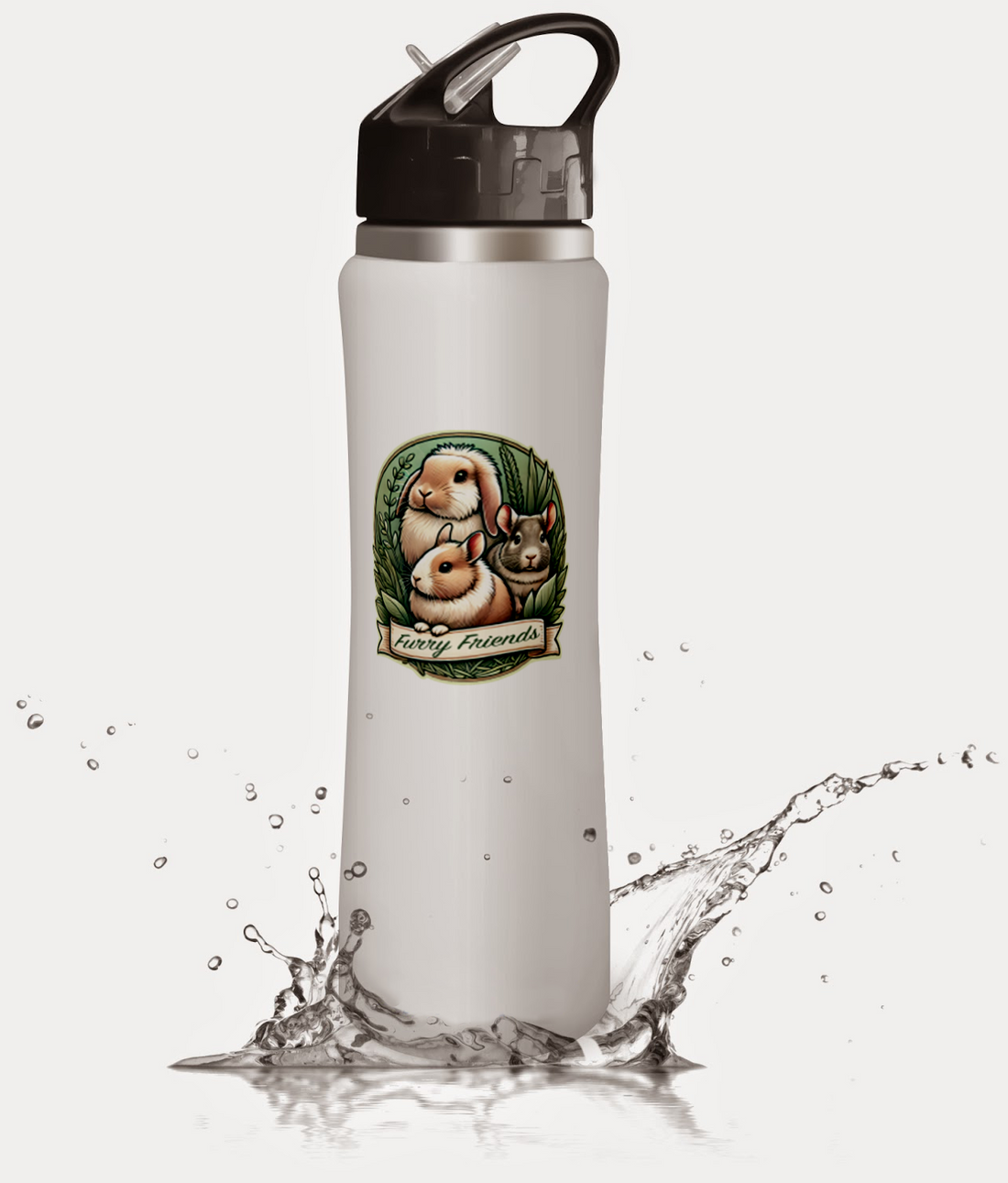


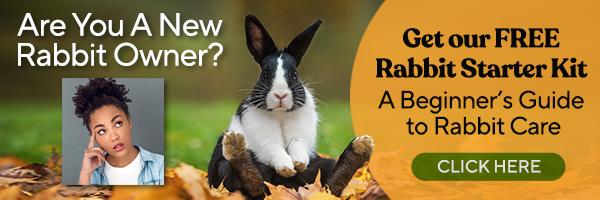



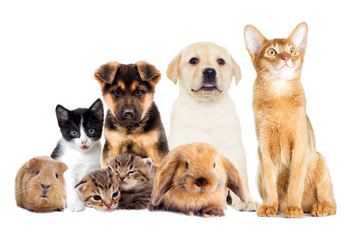


Comments